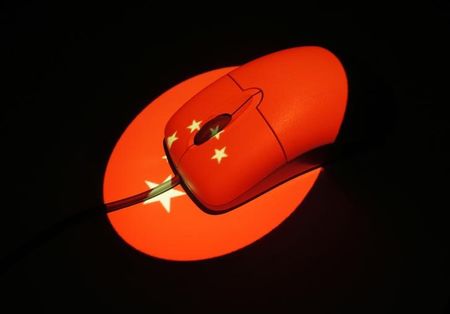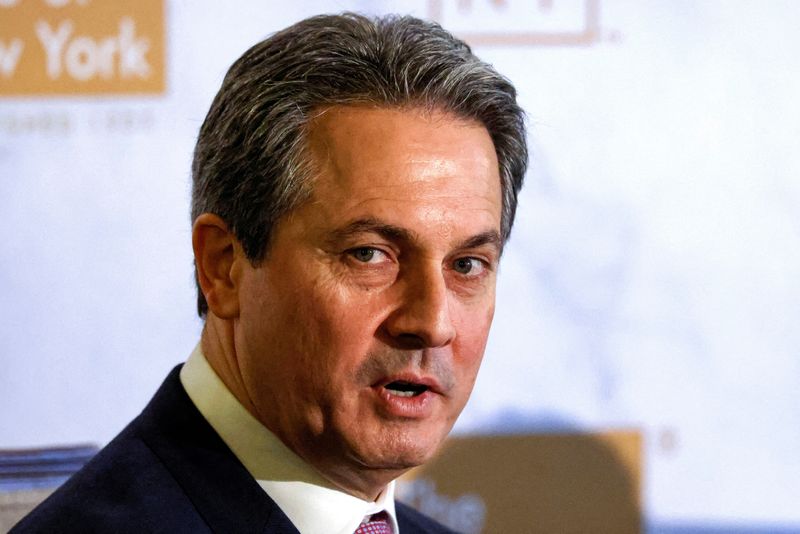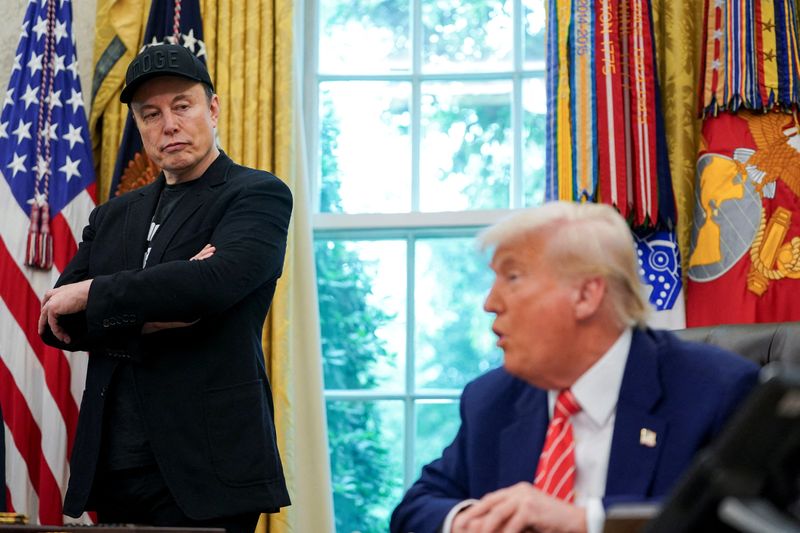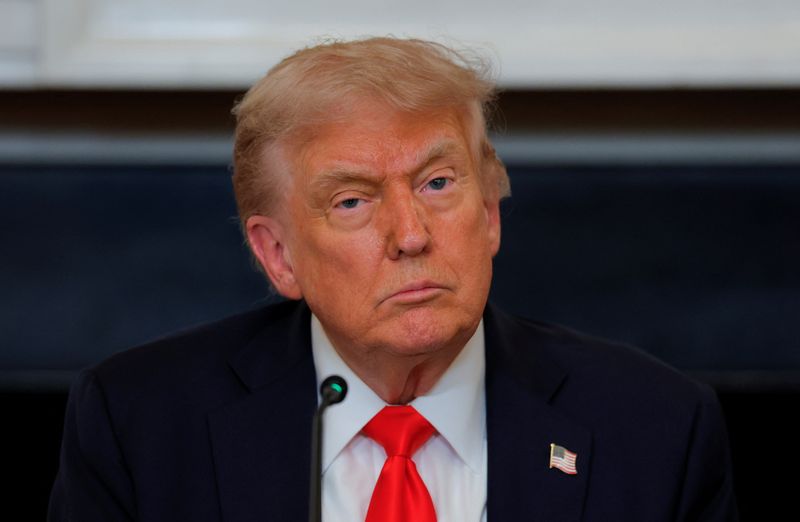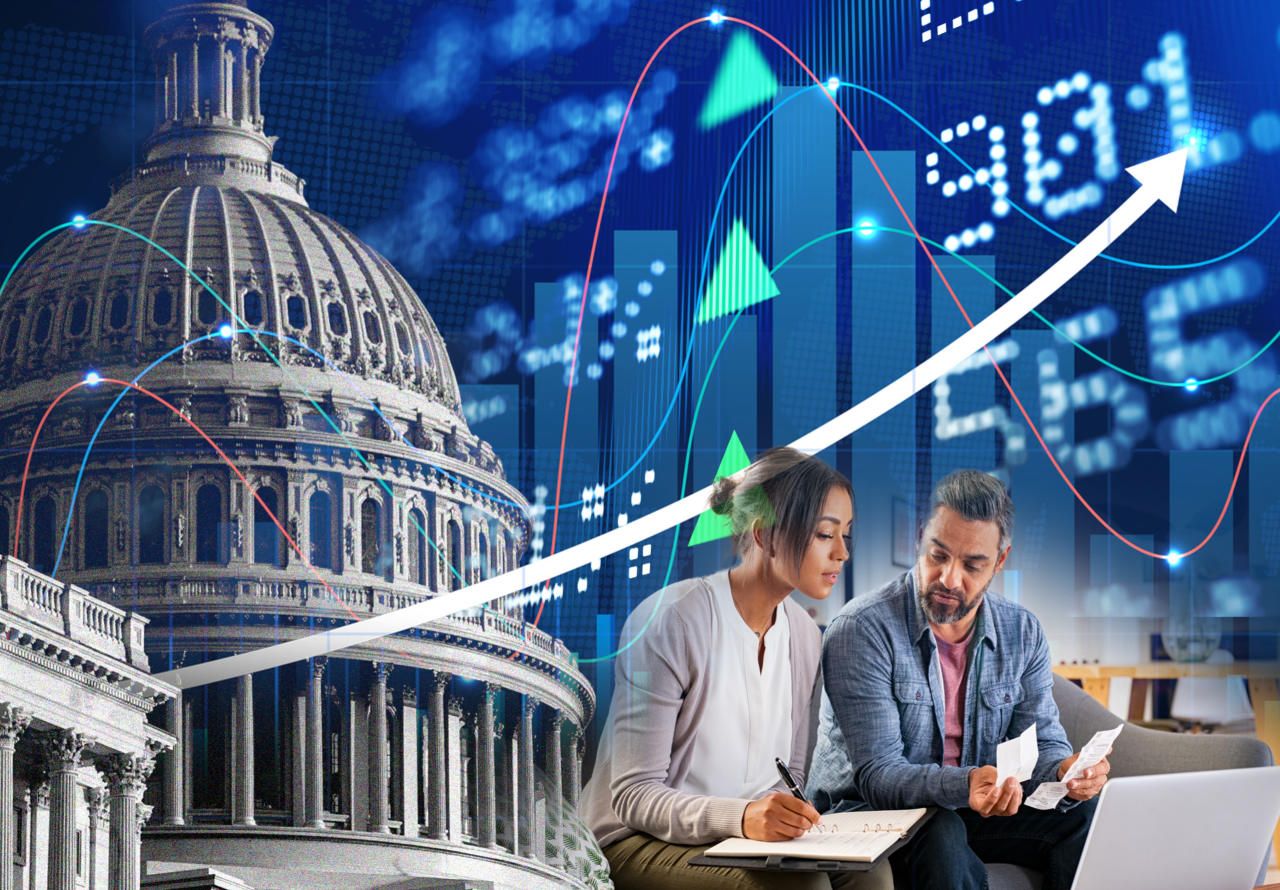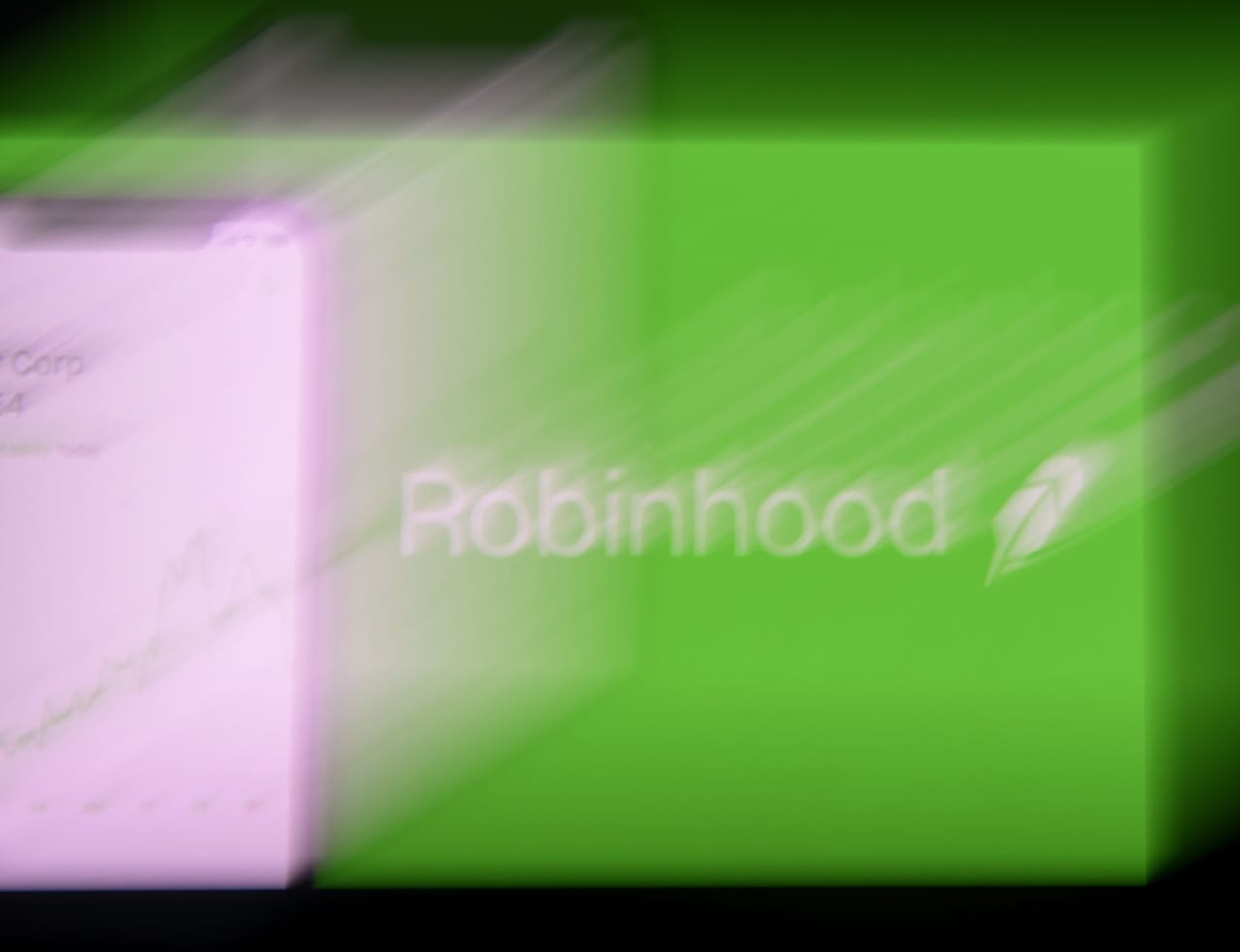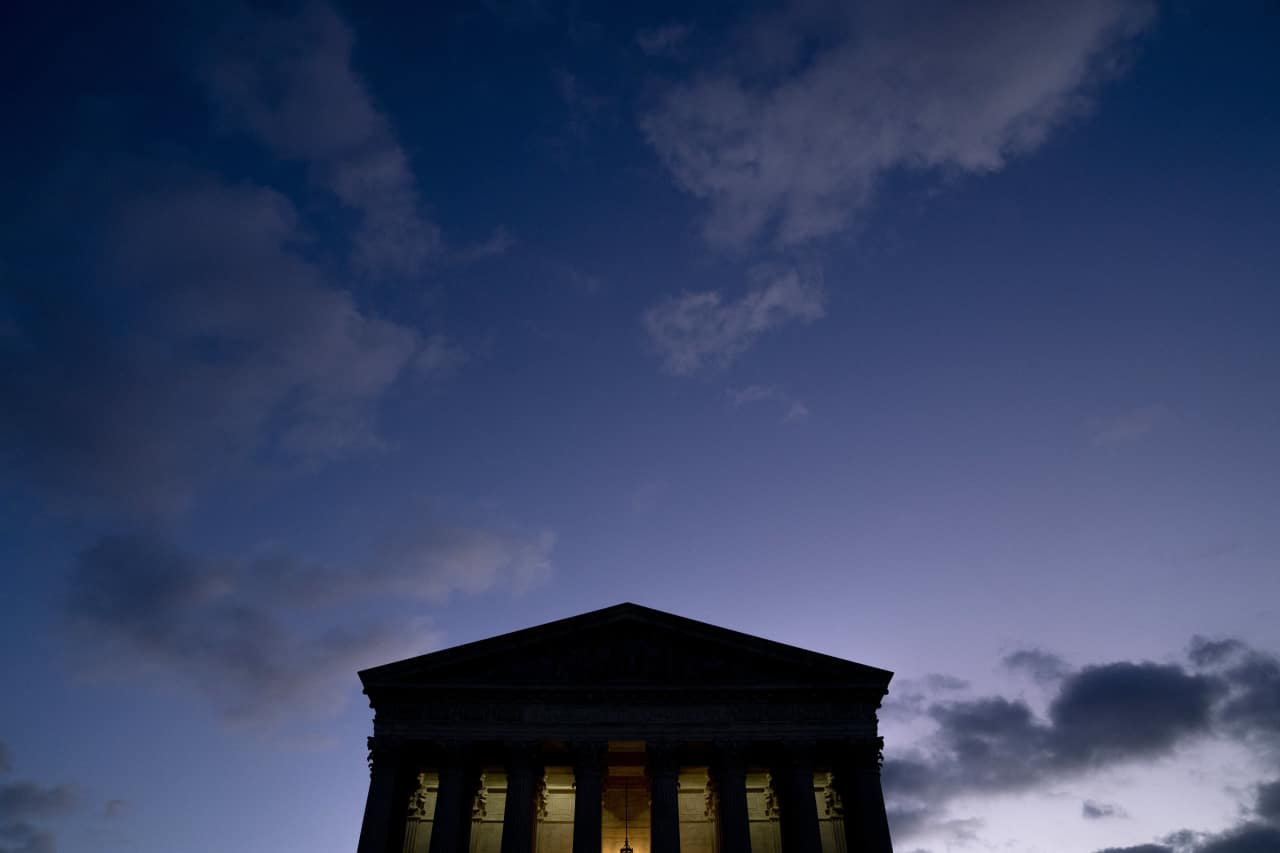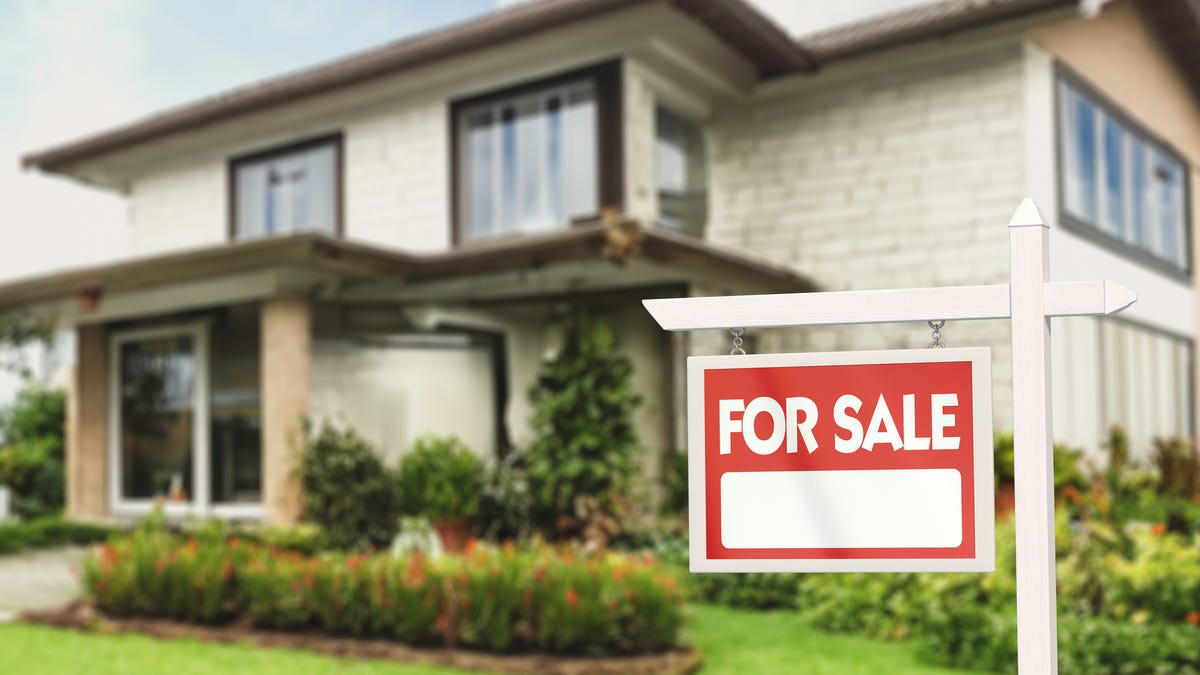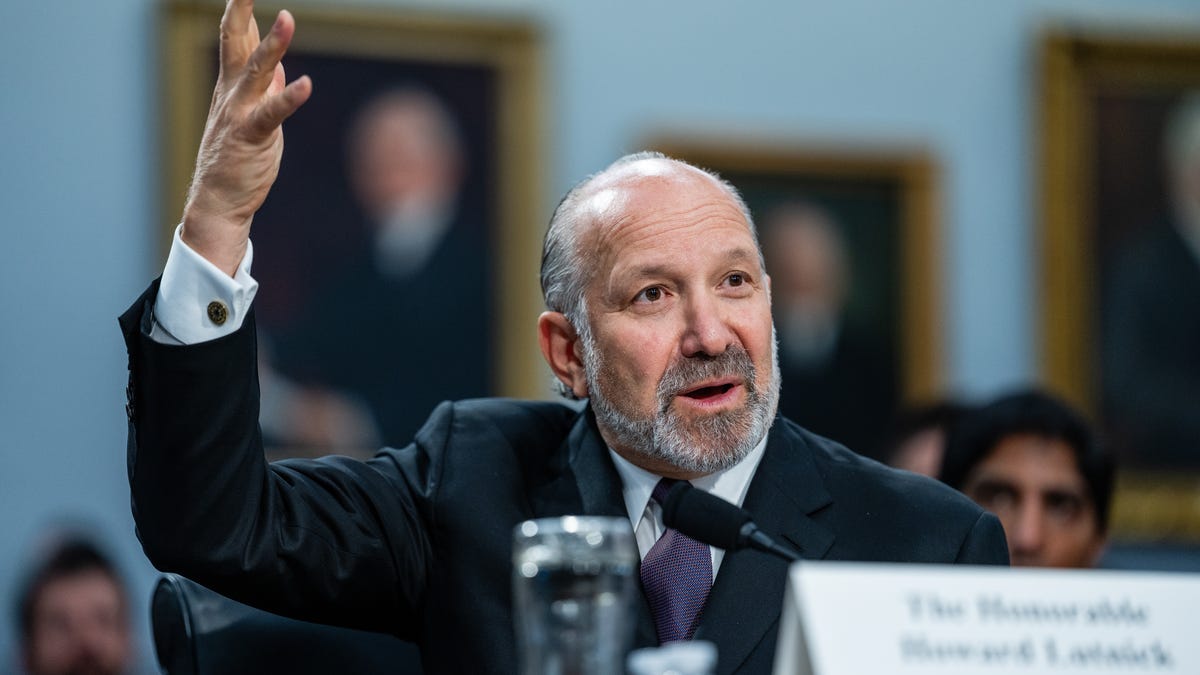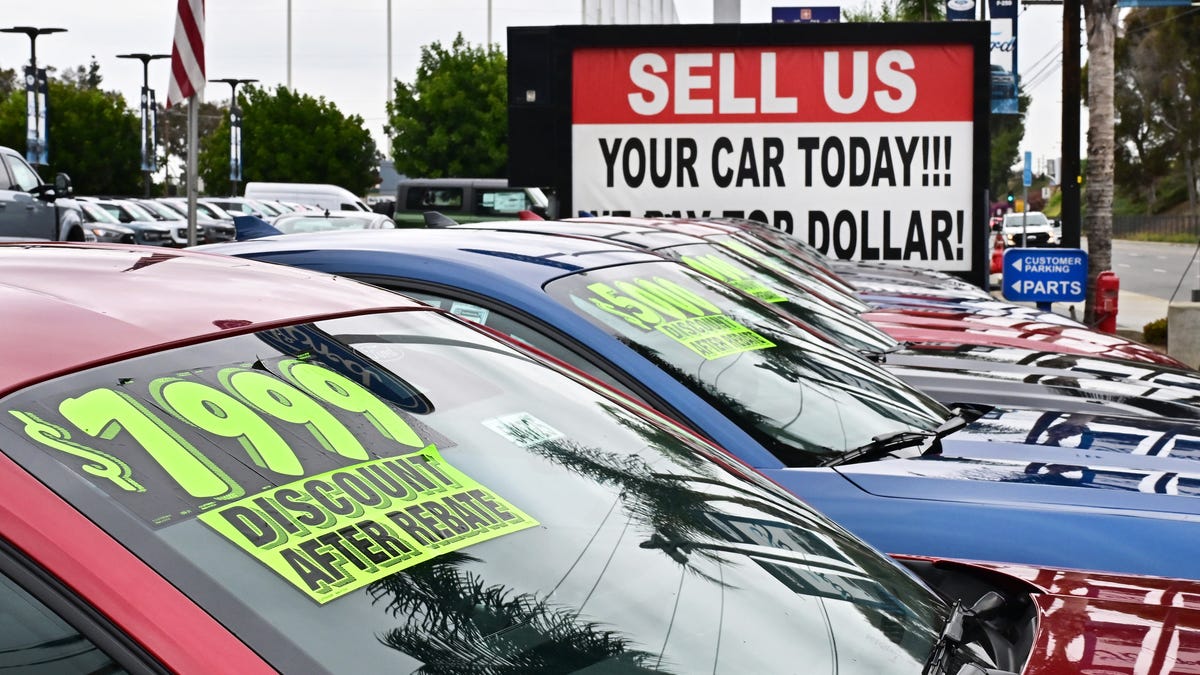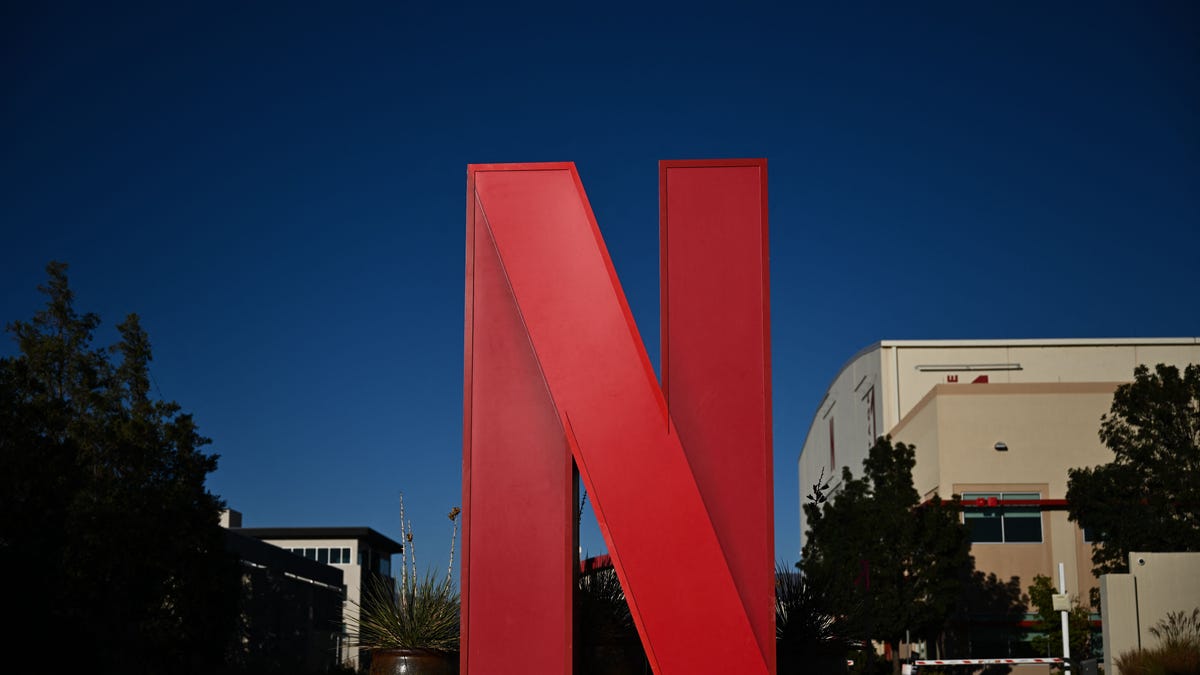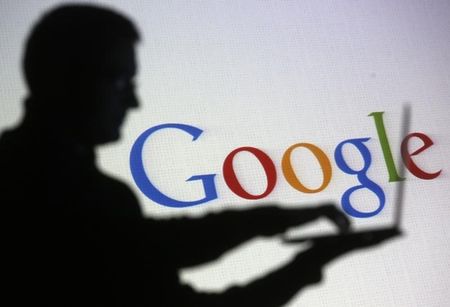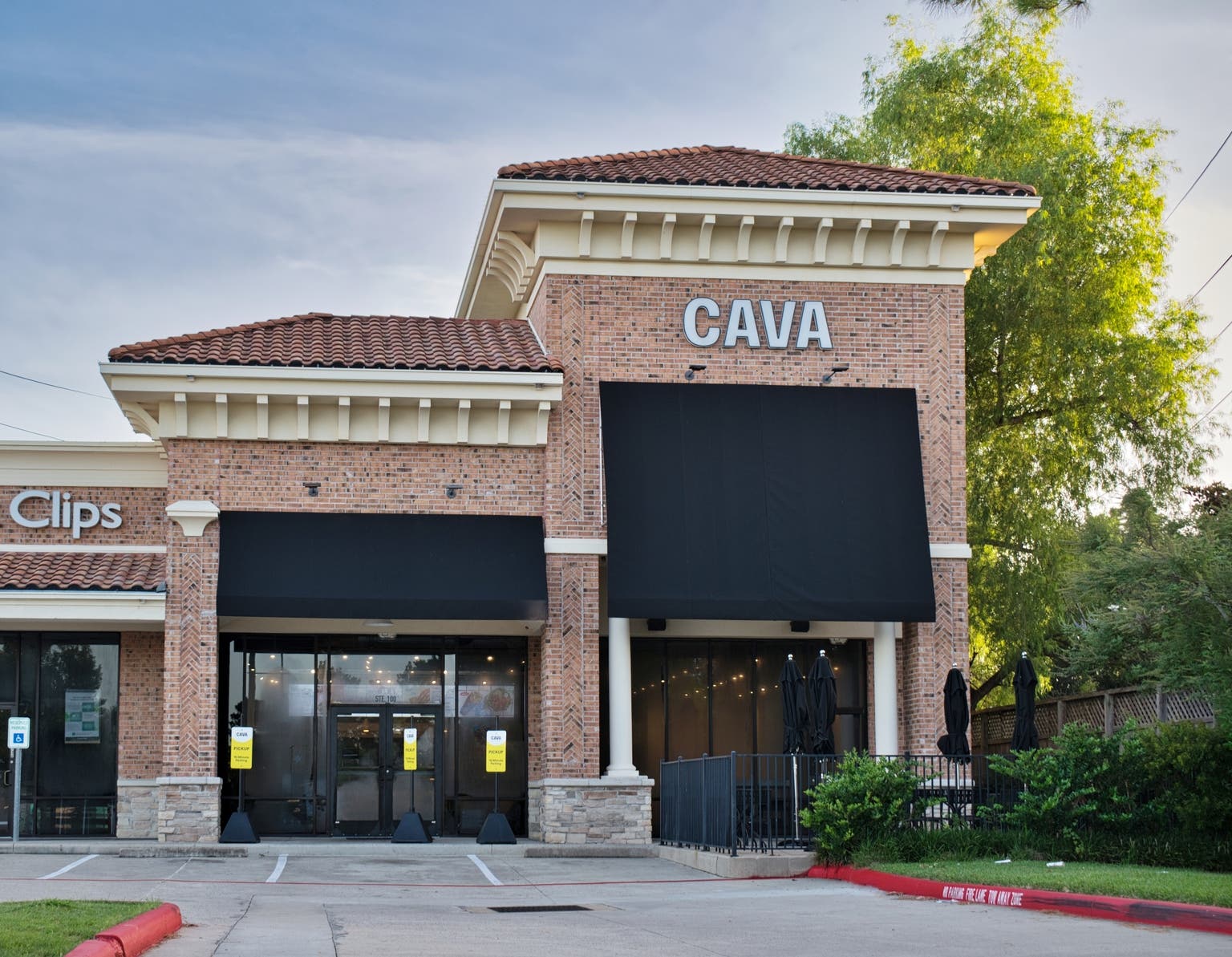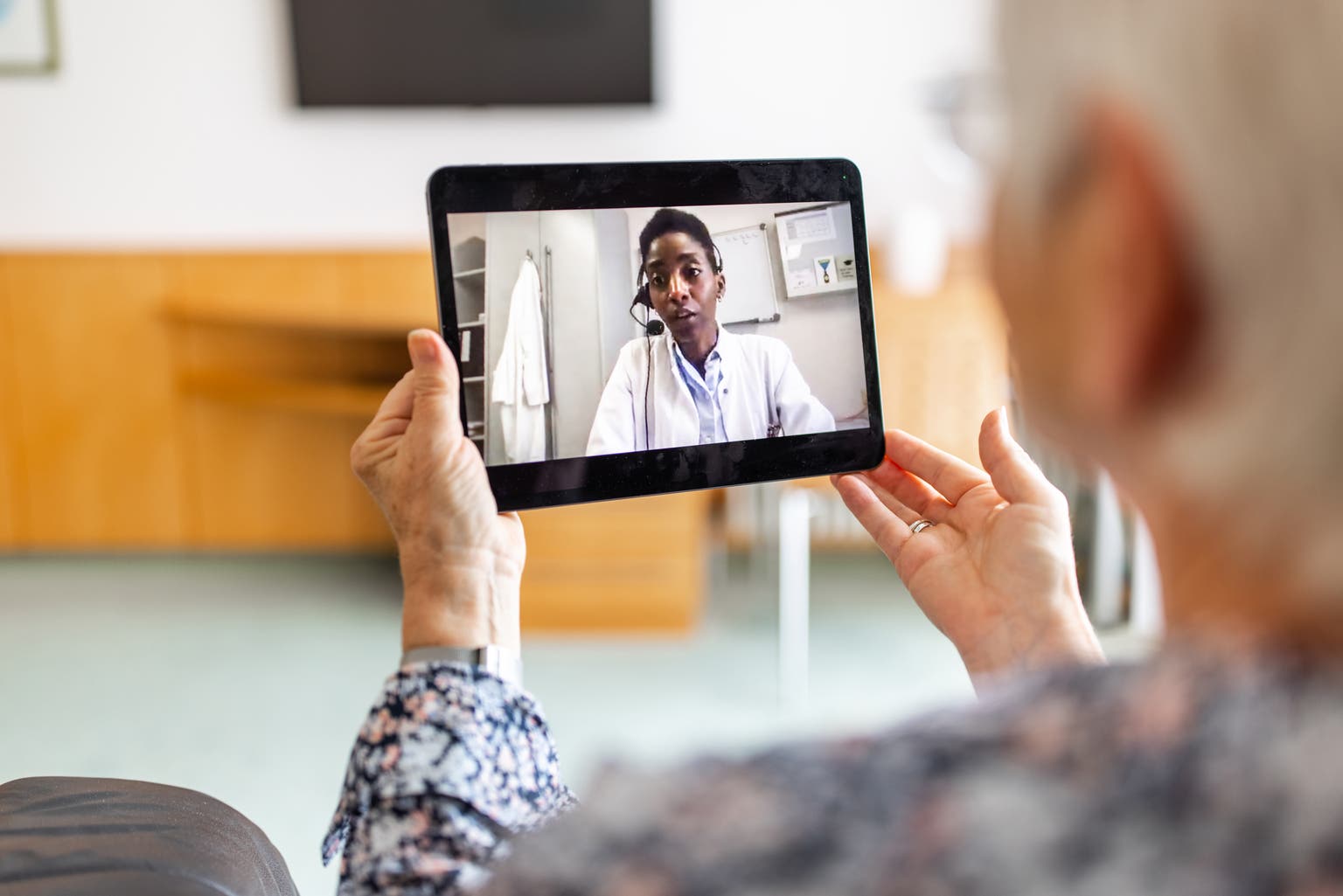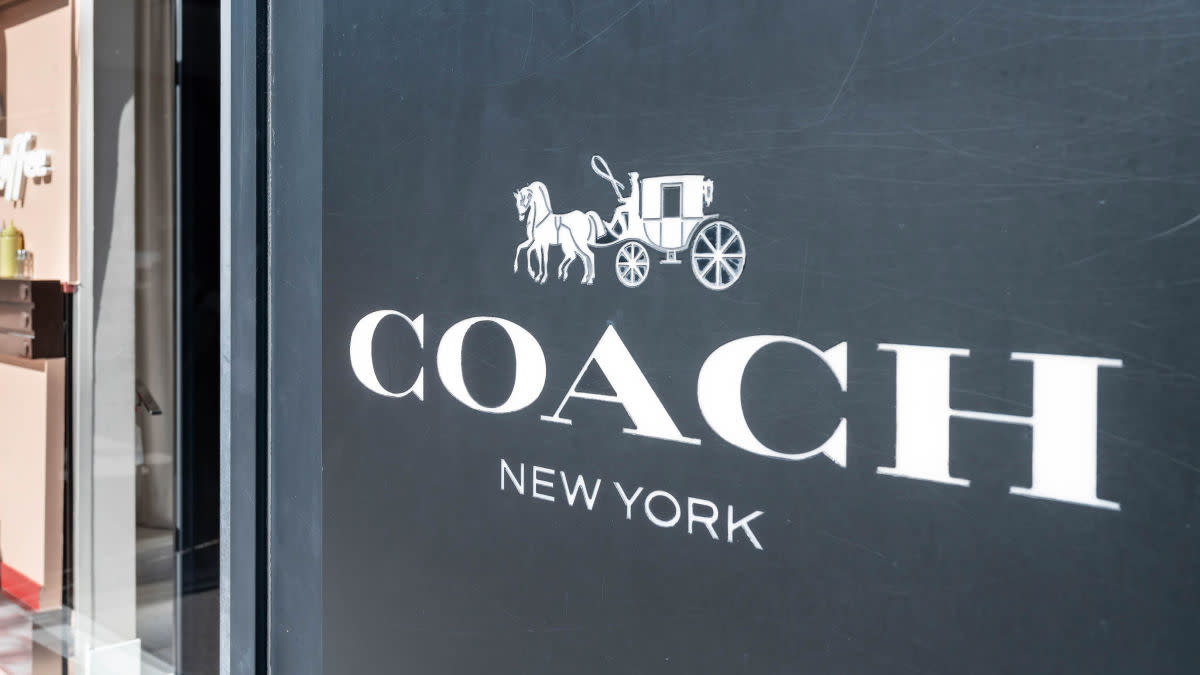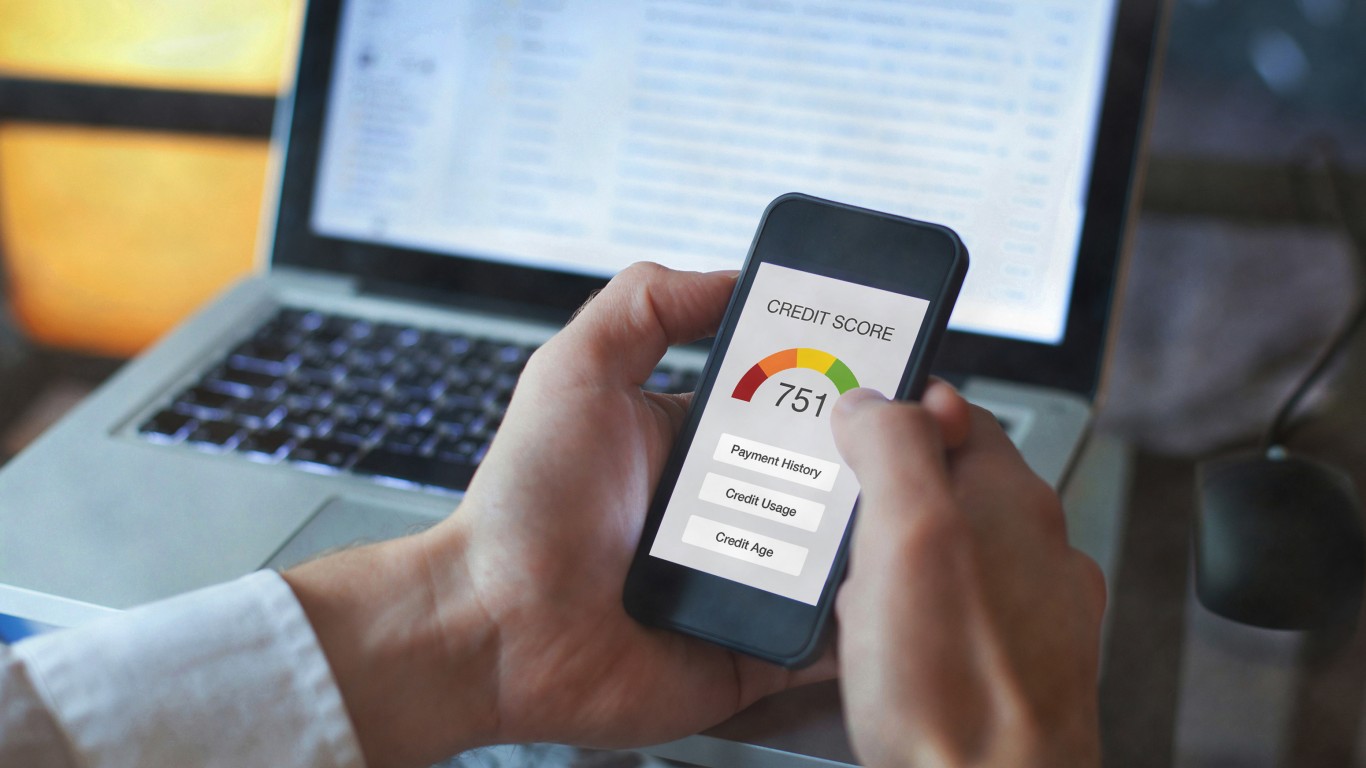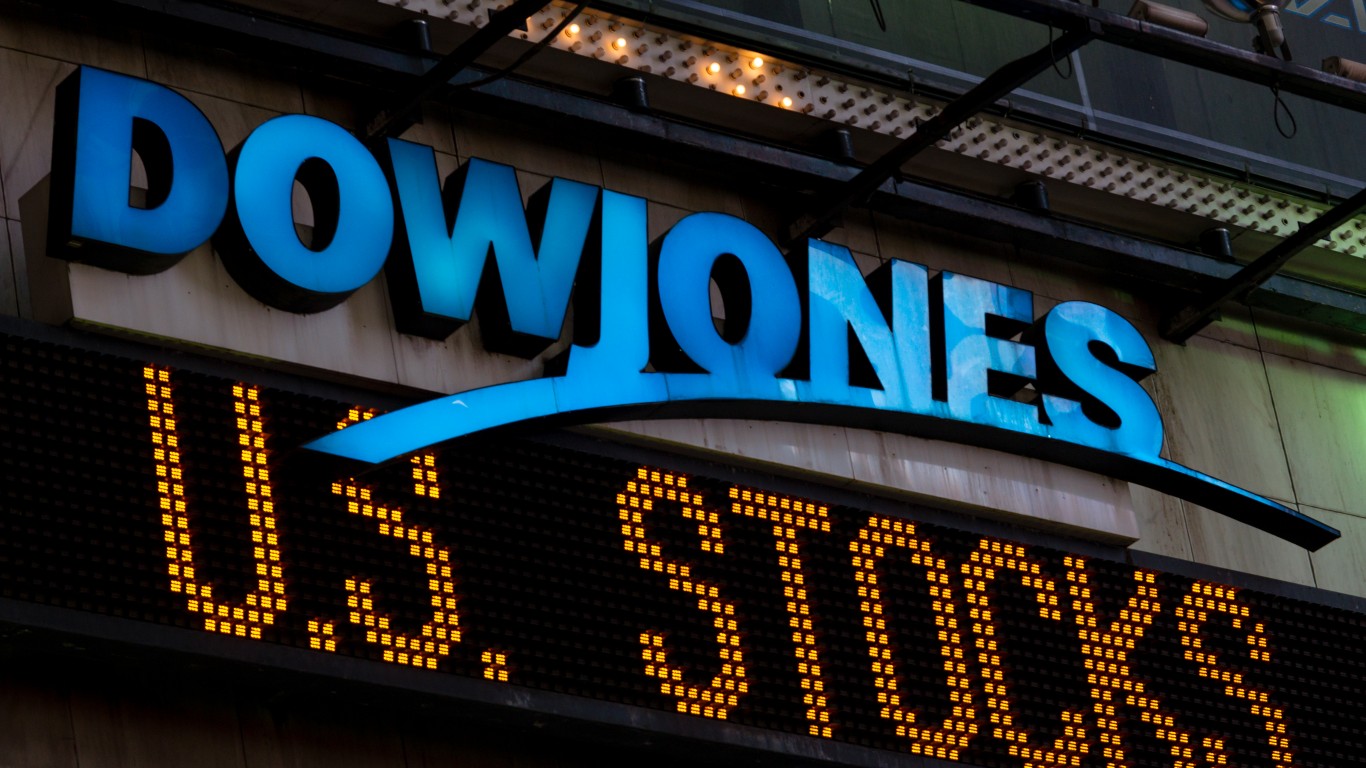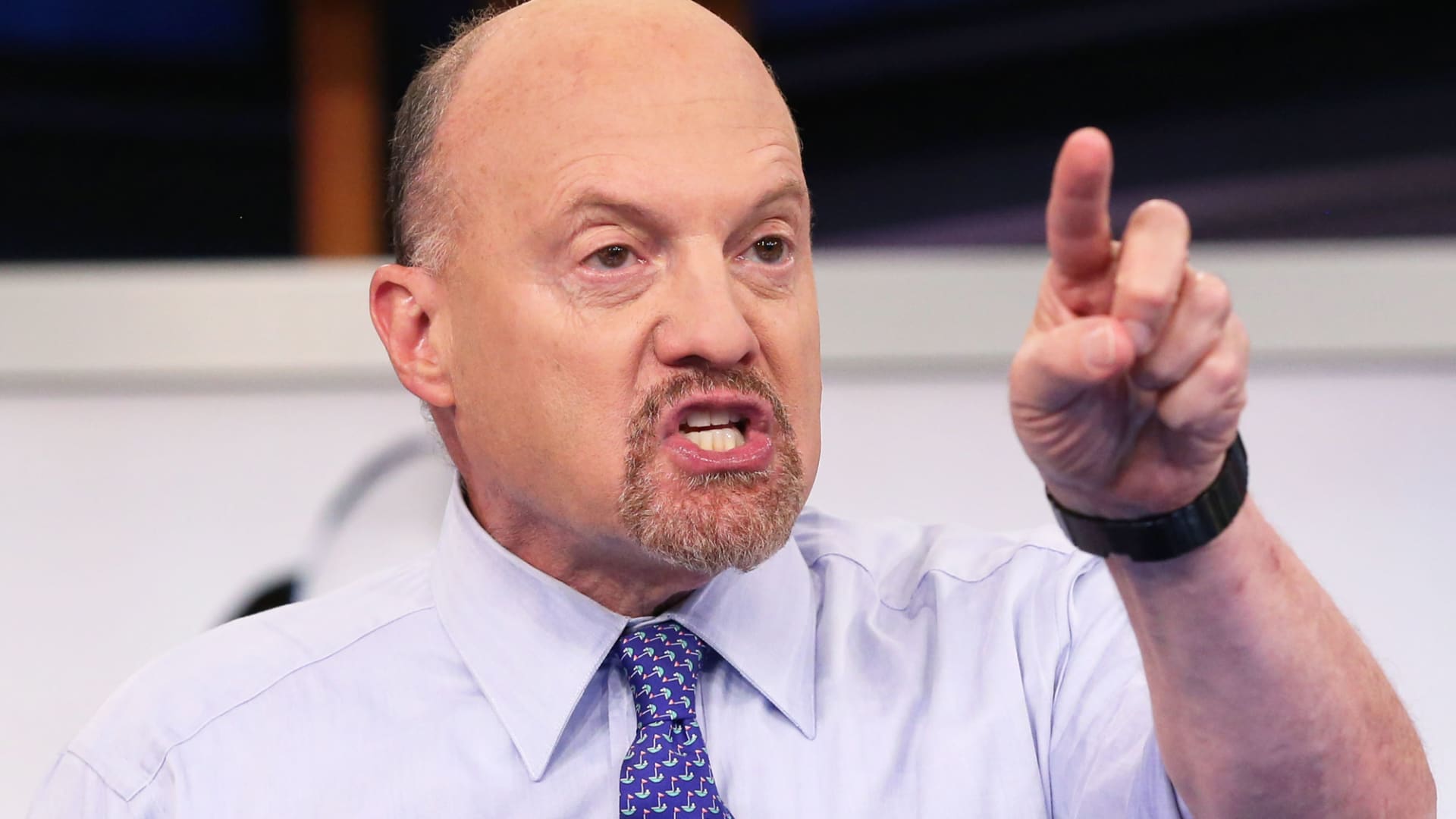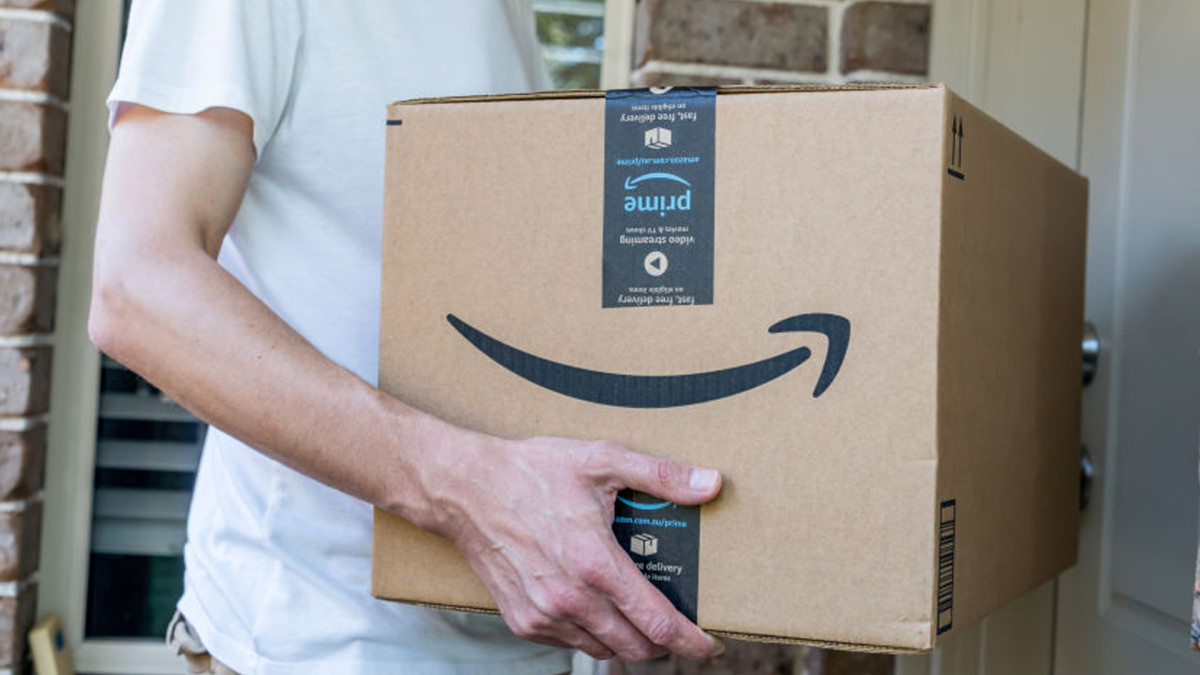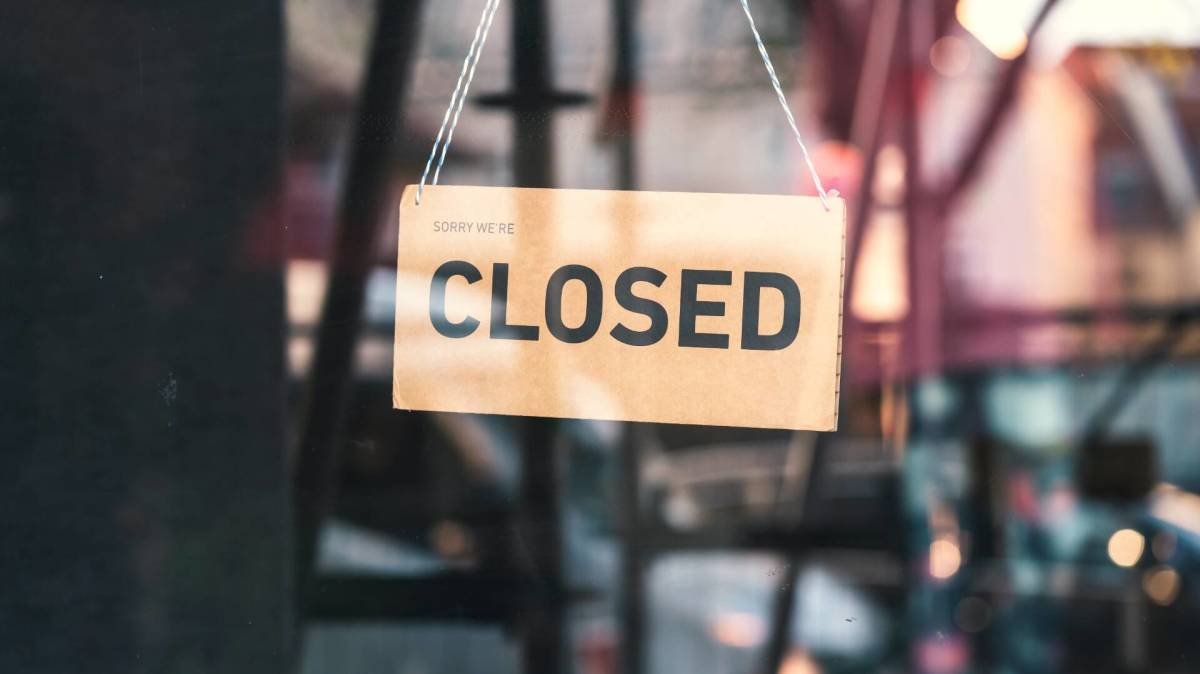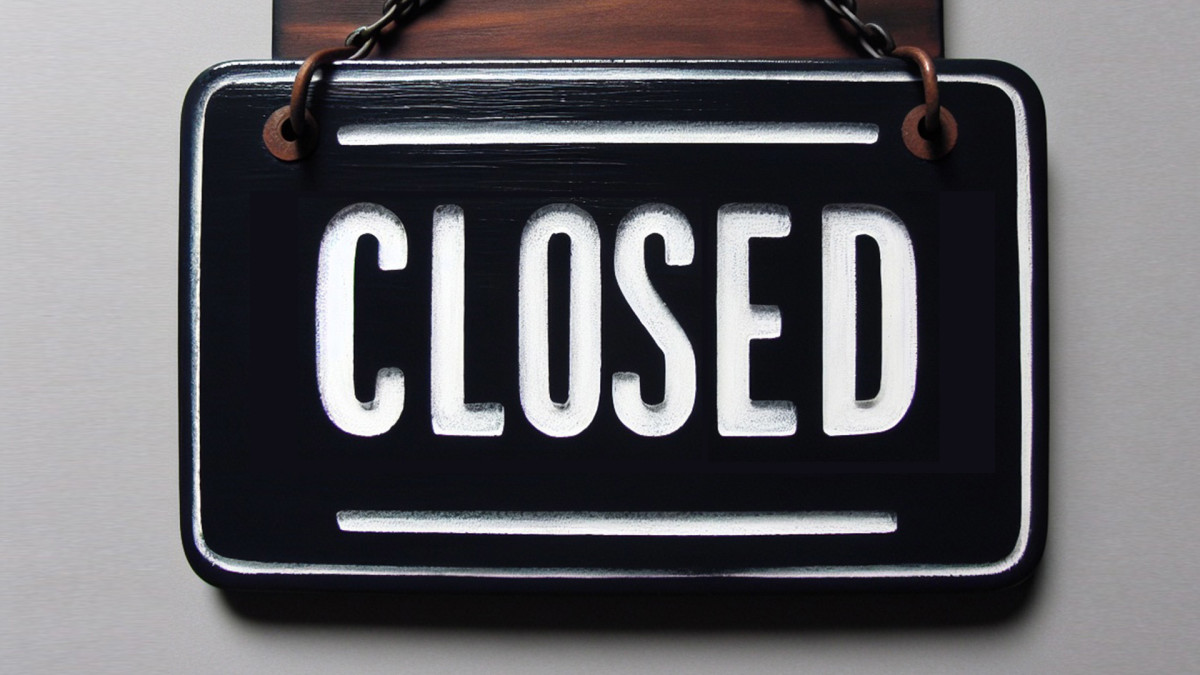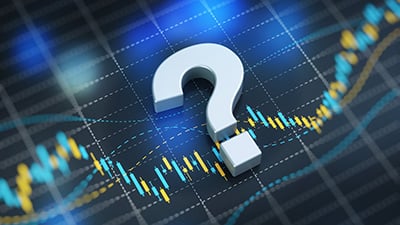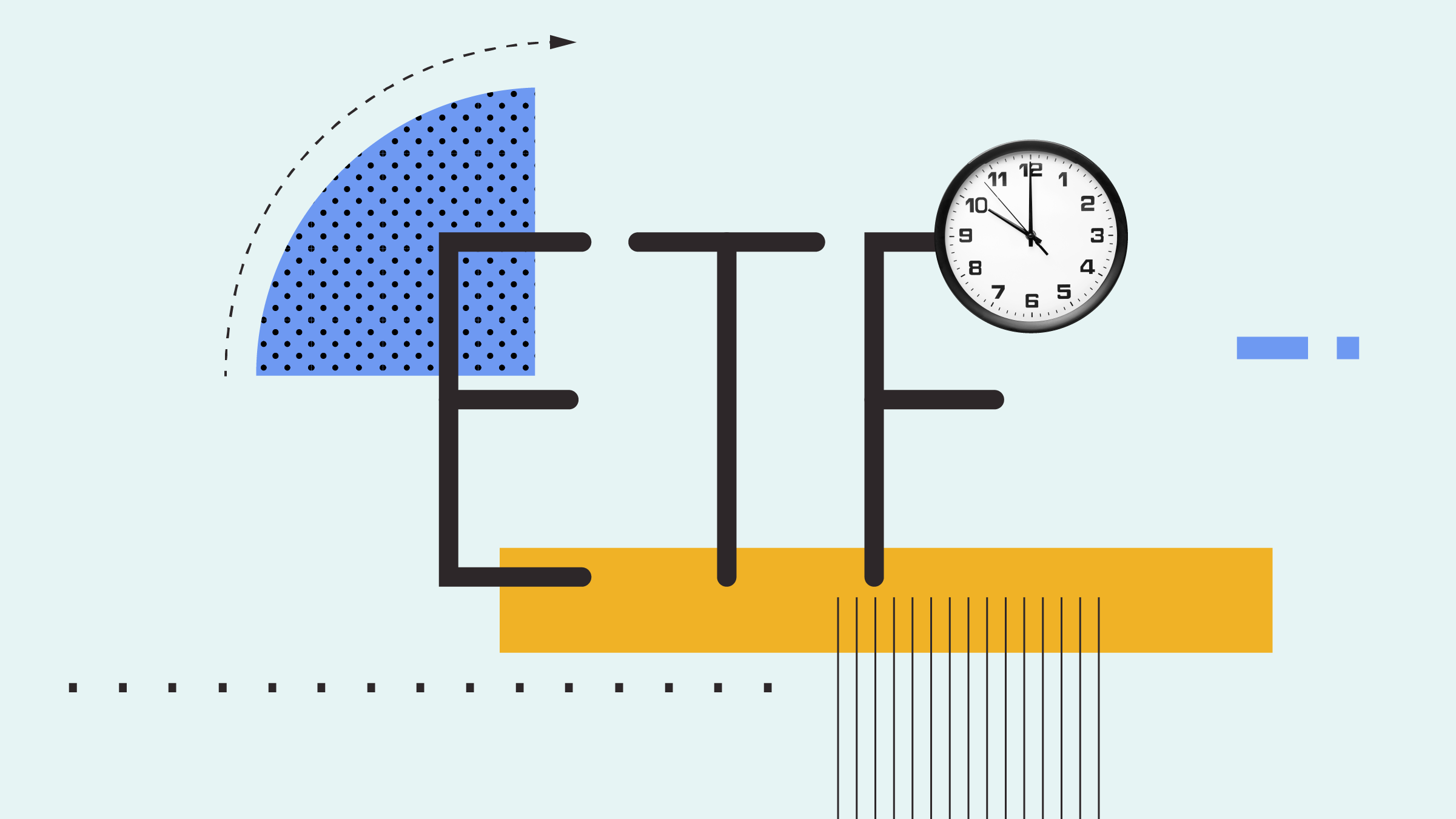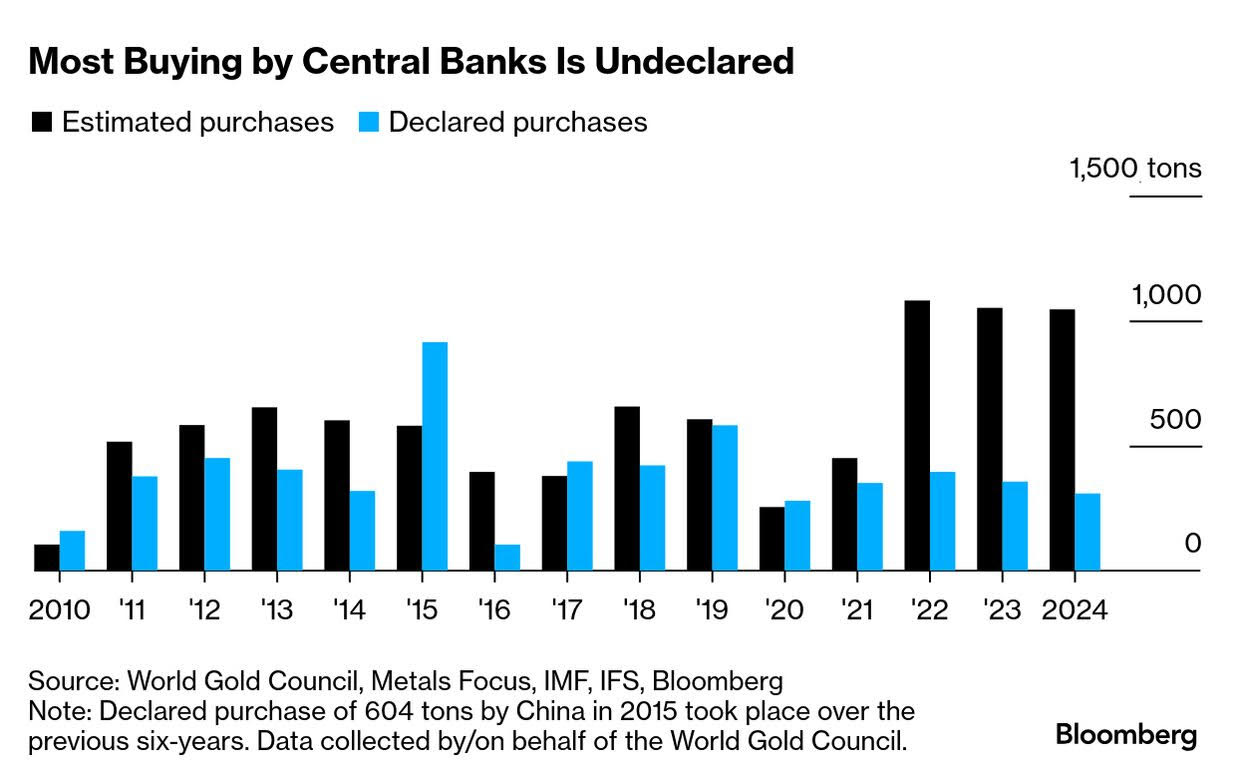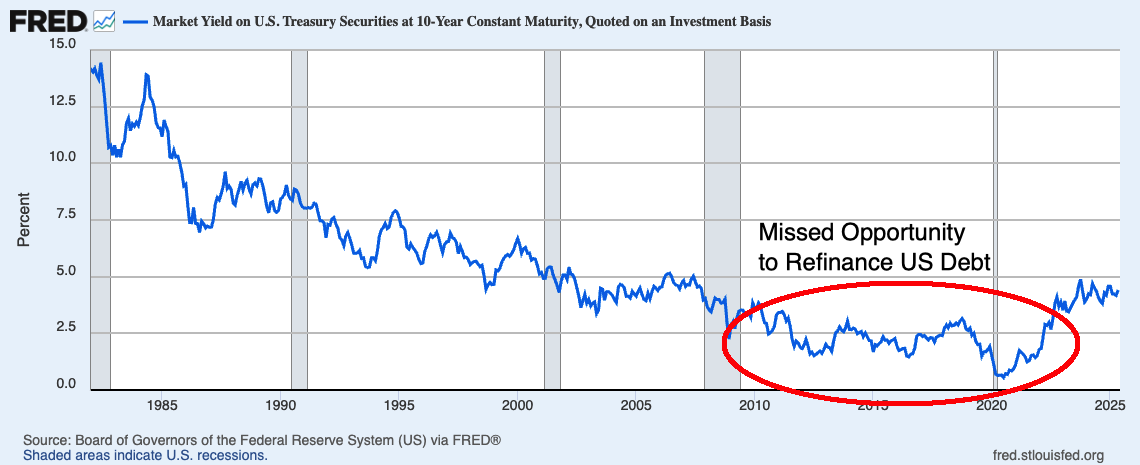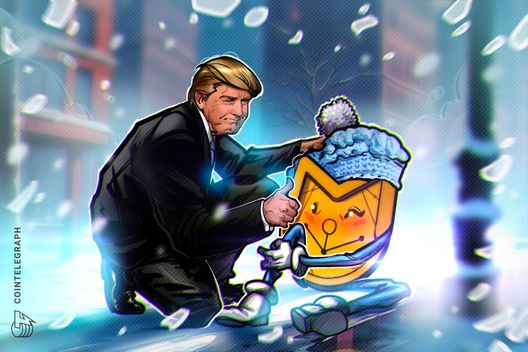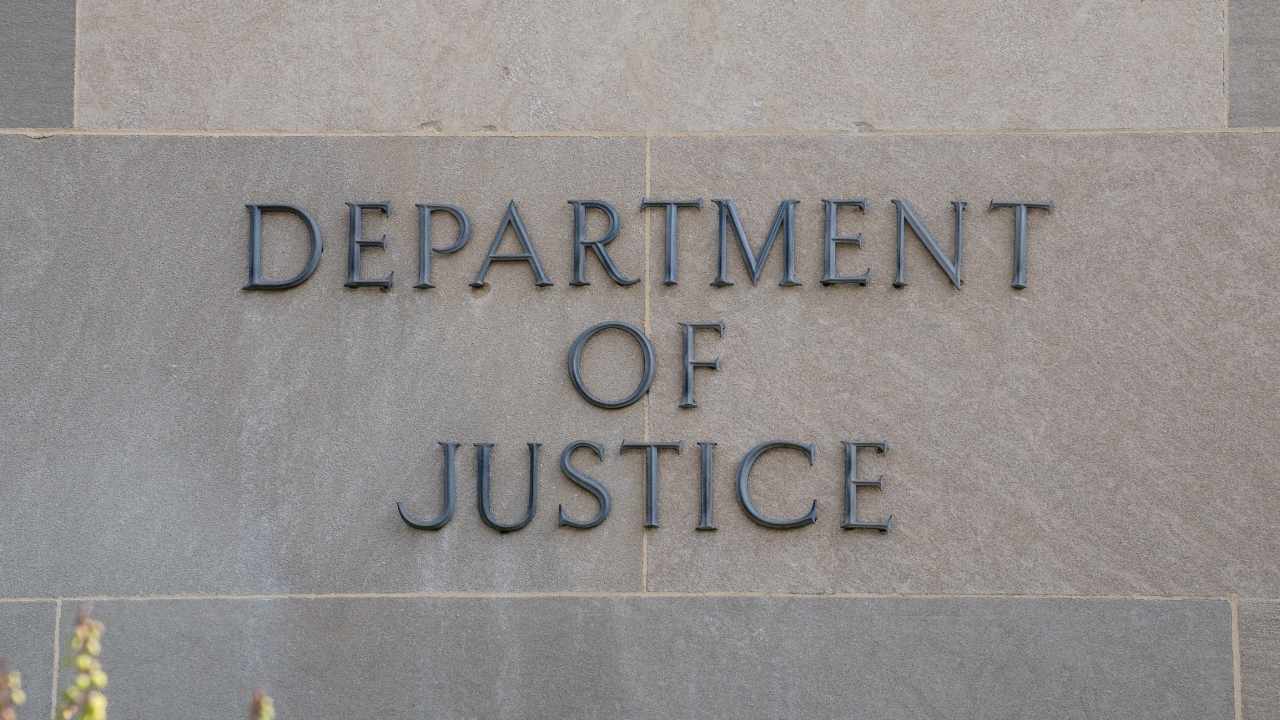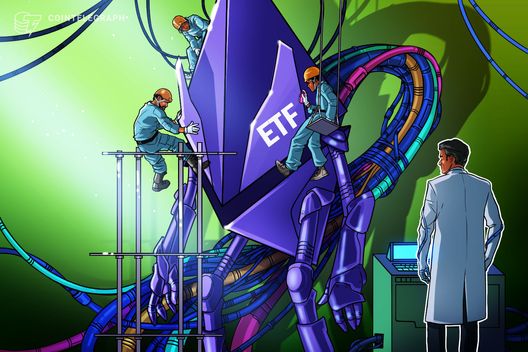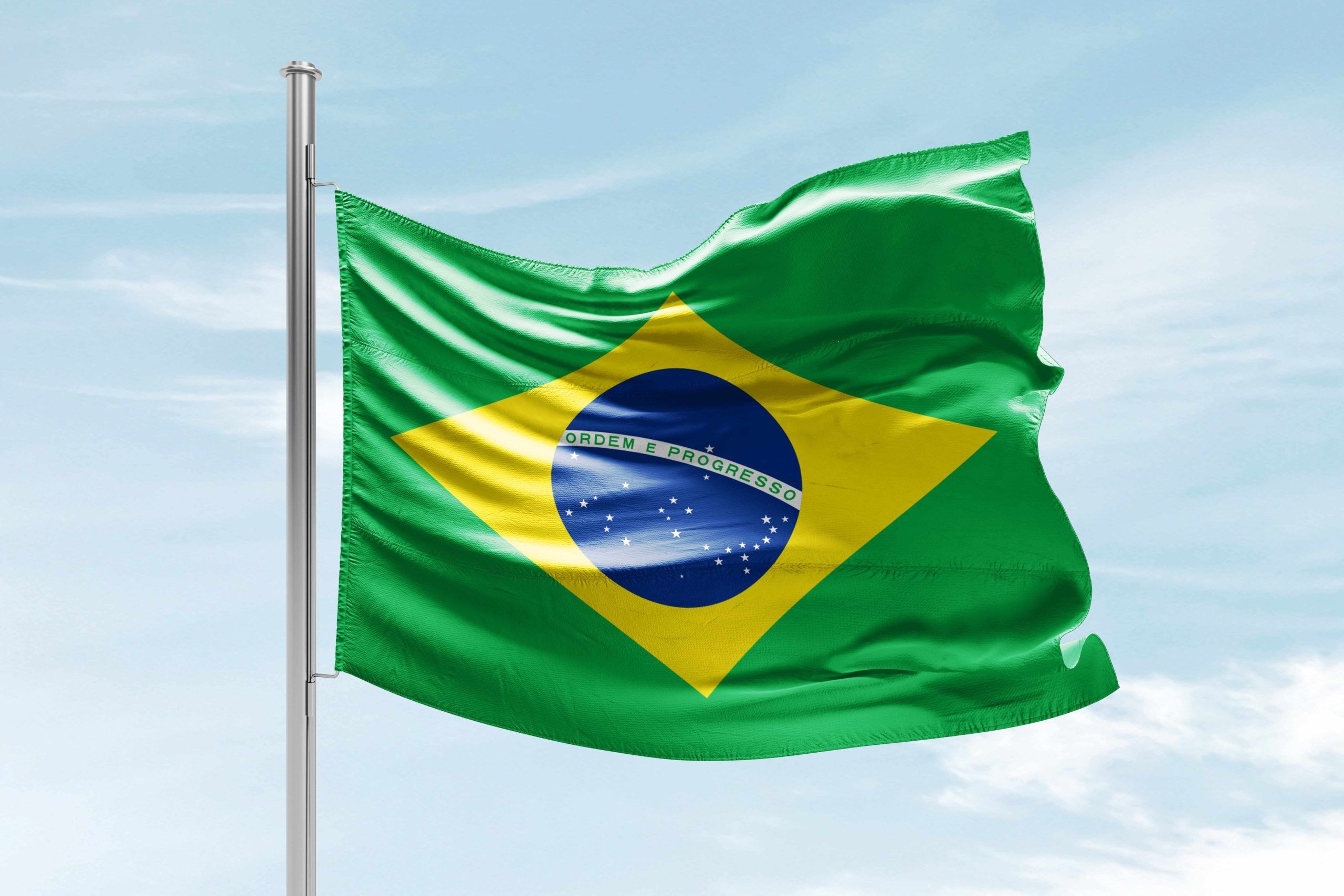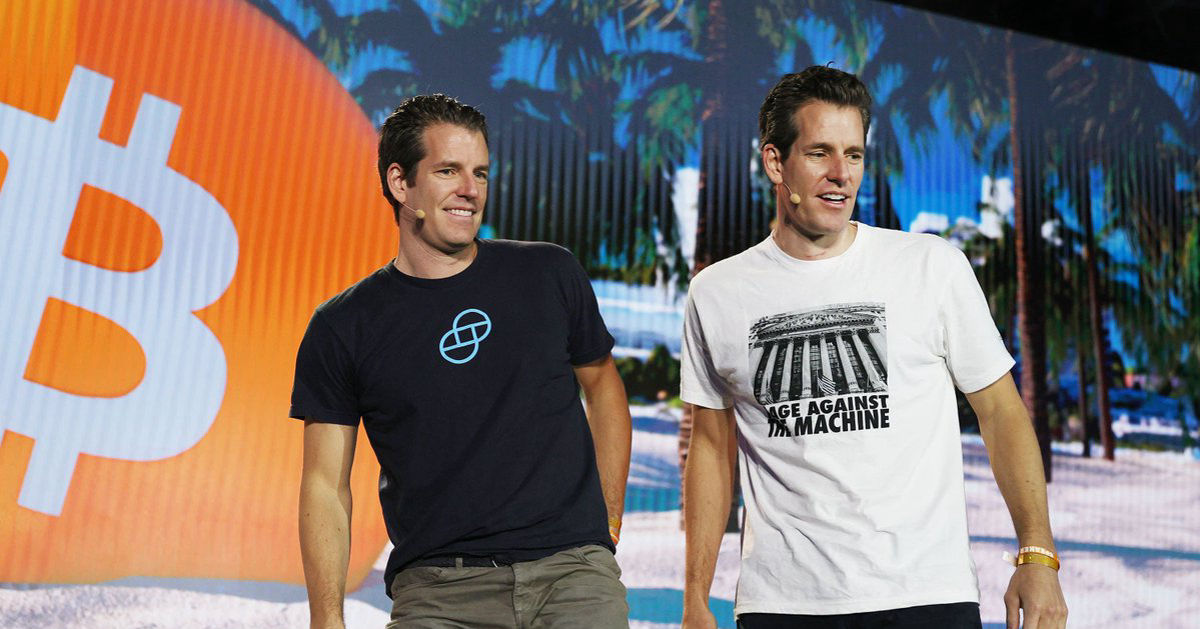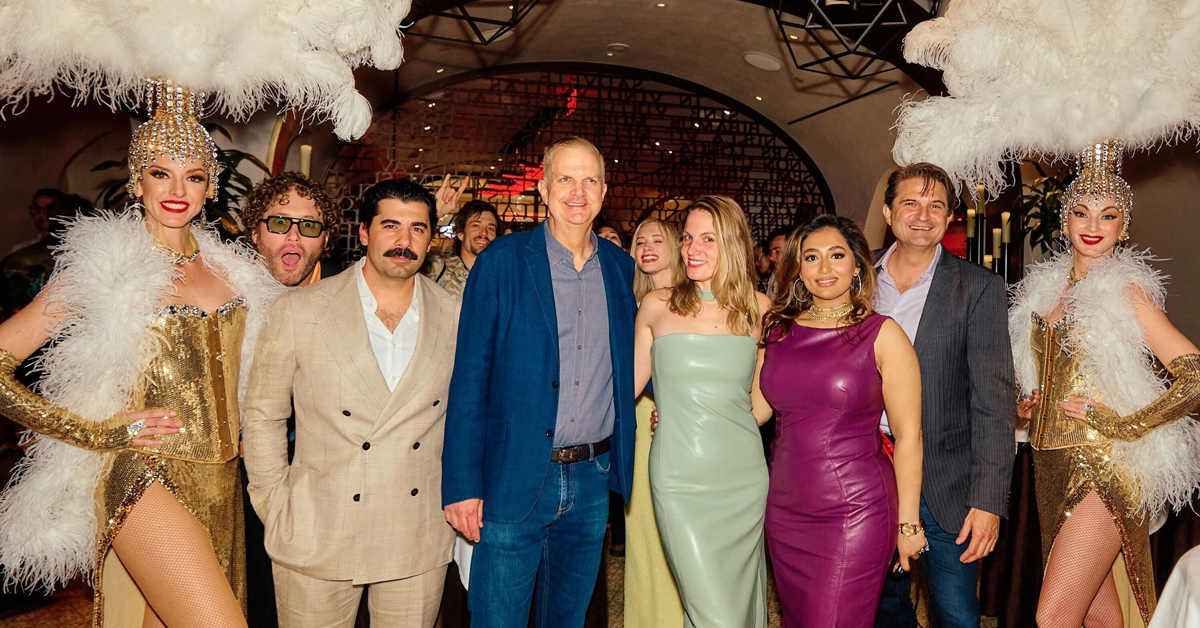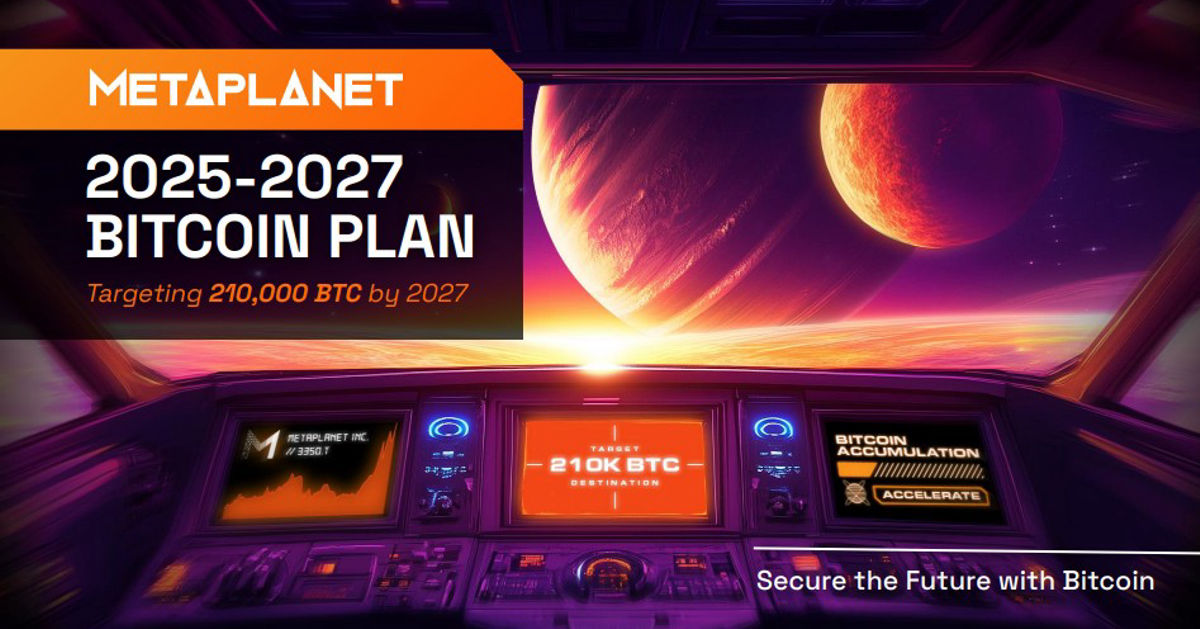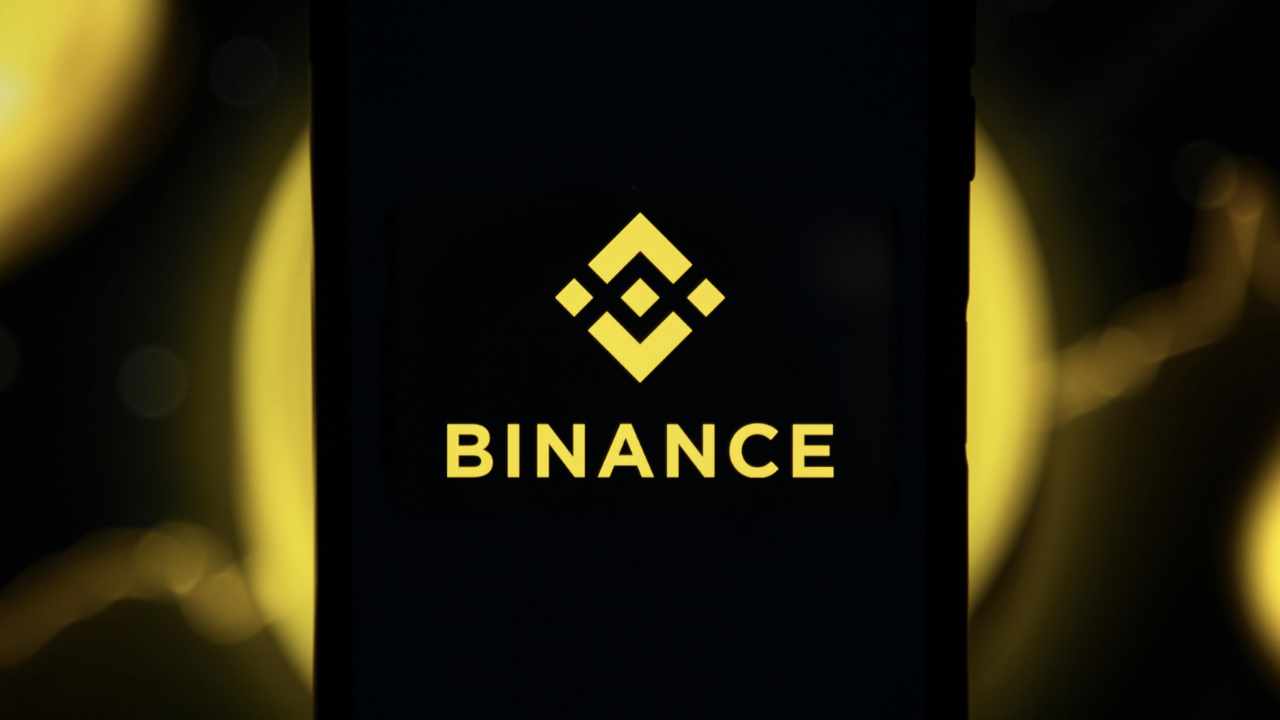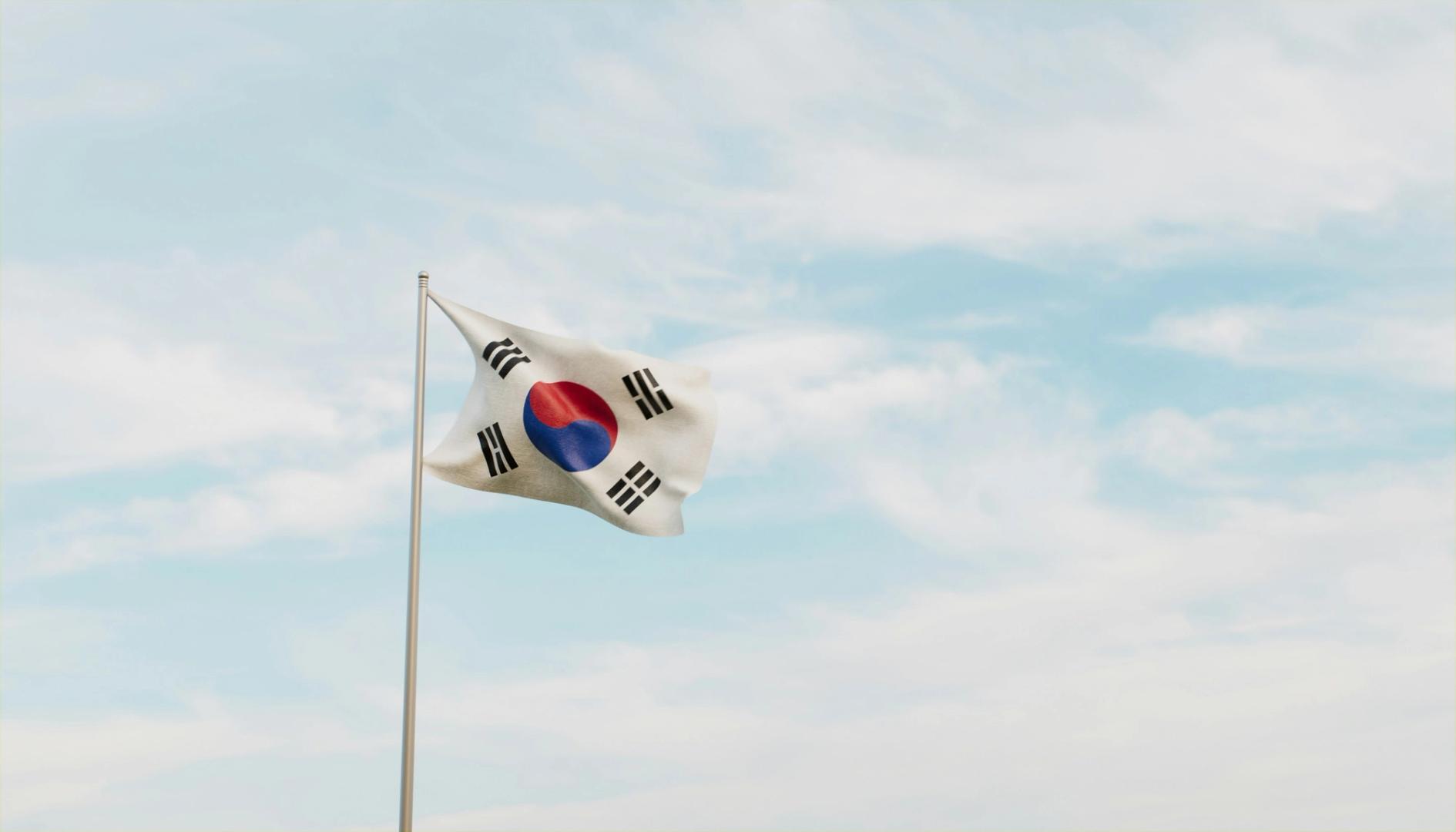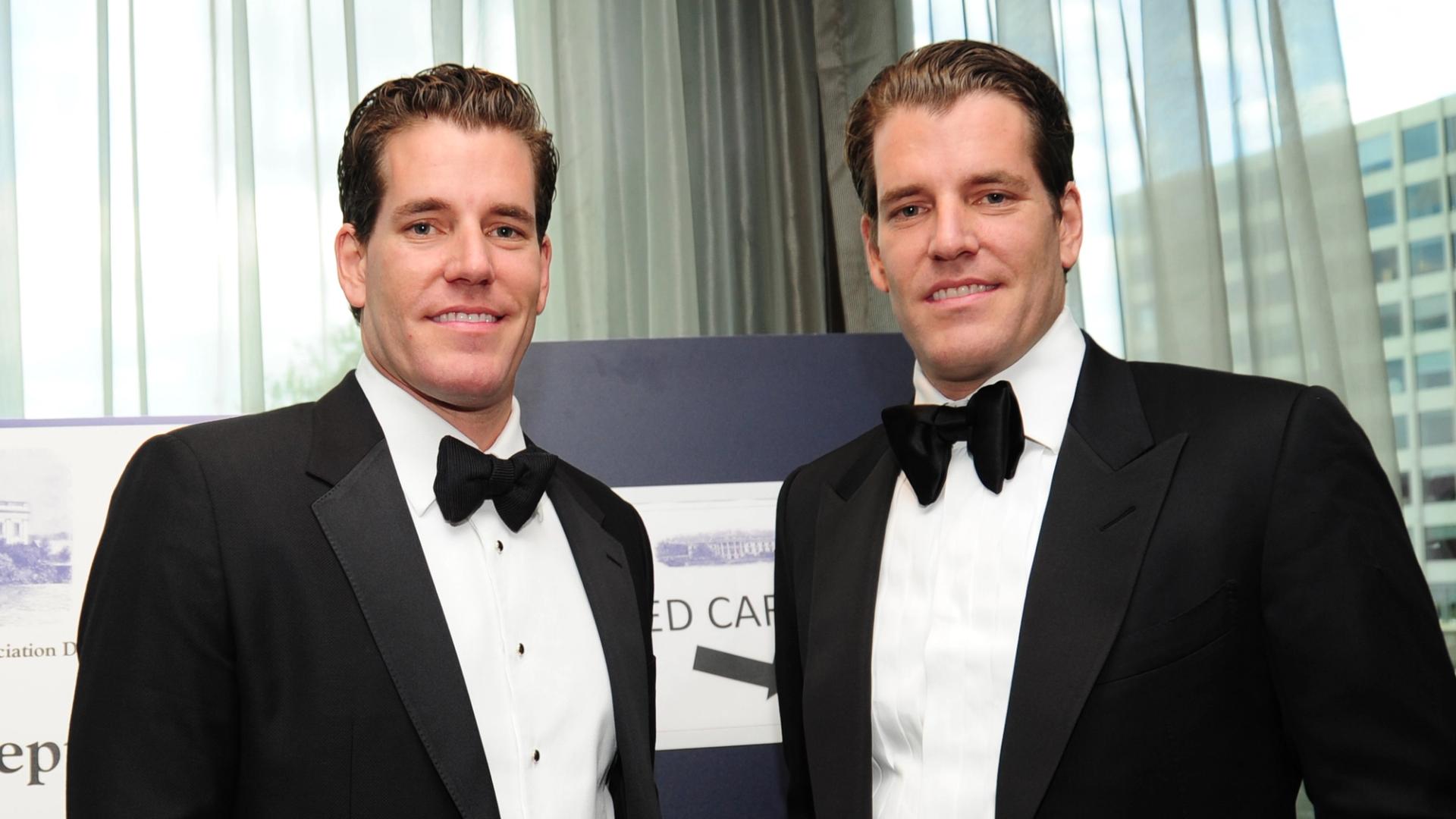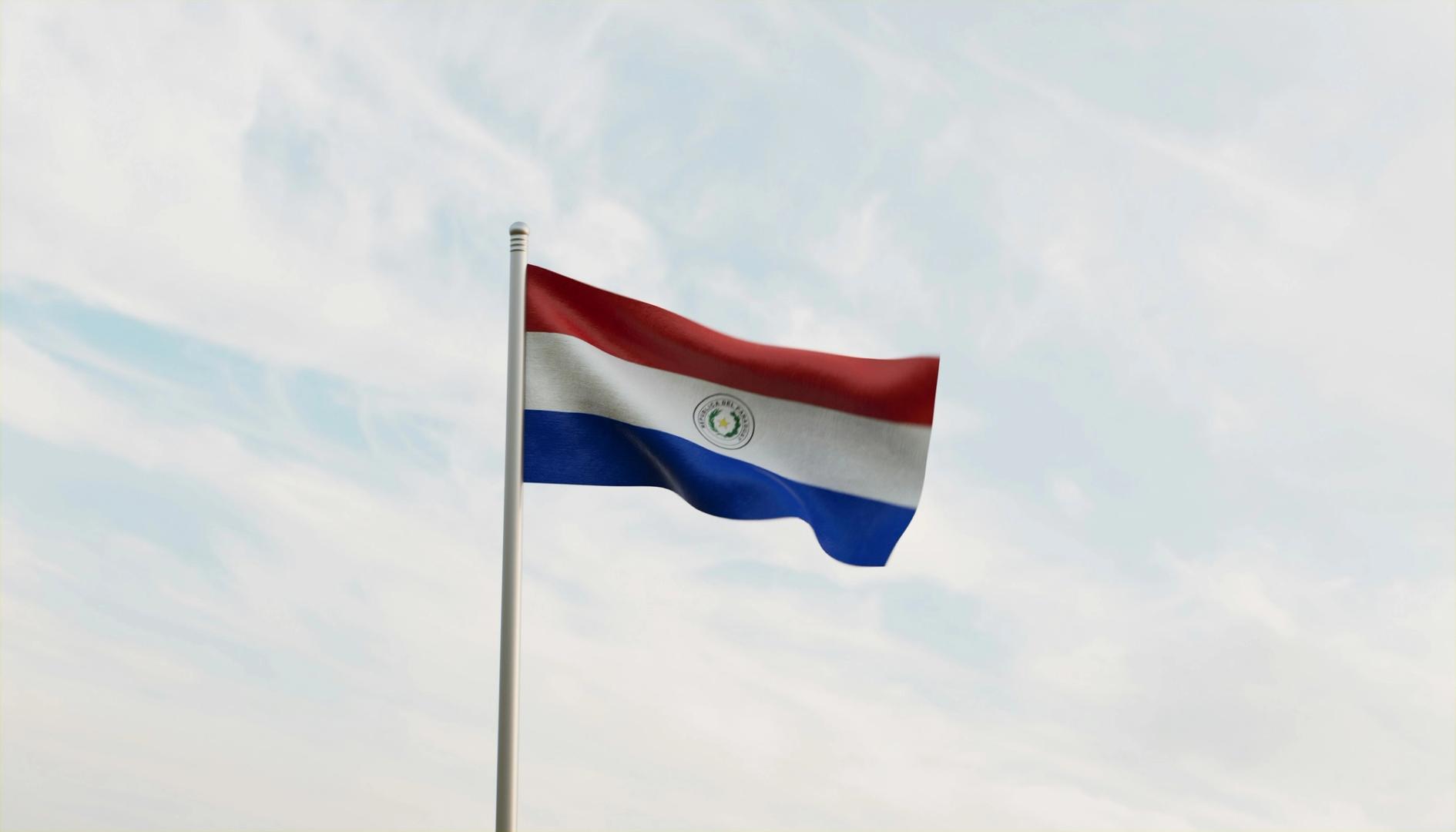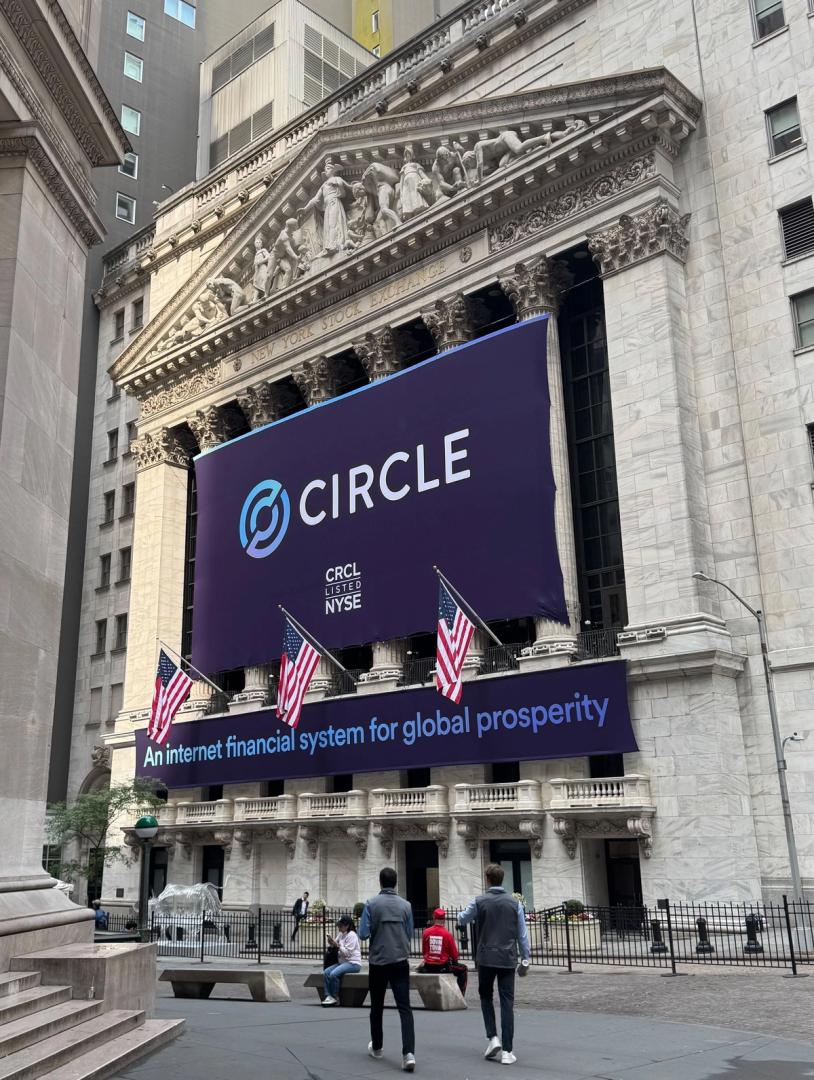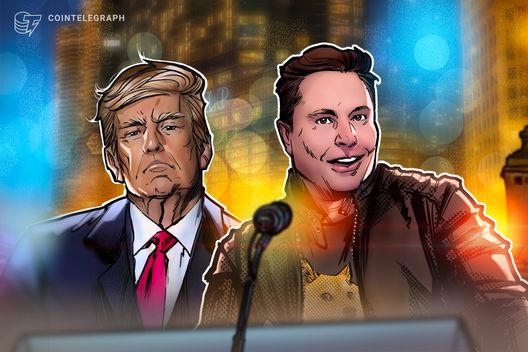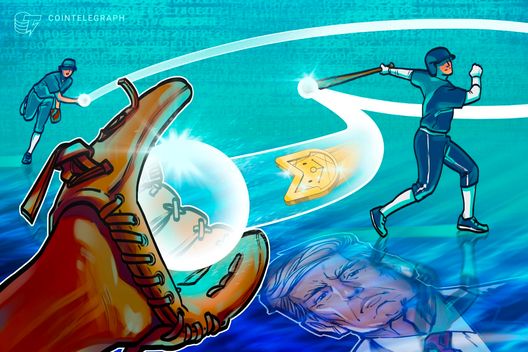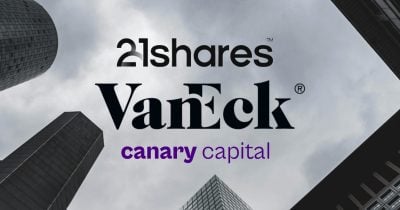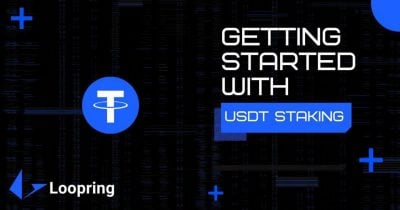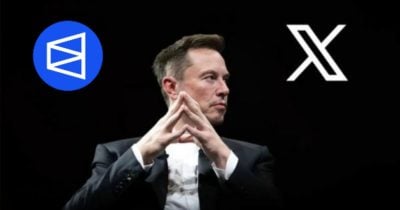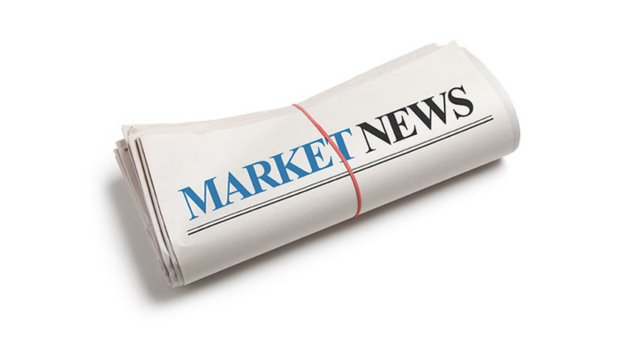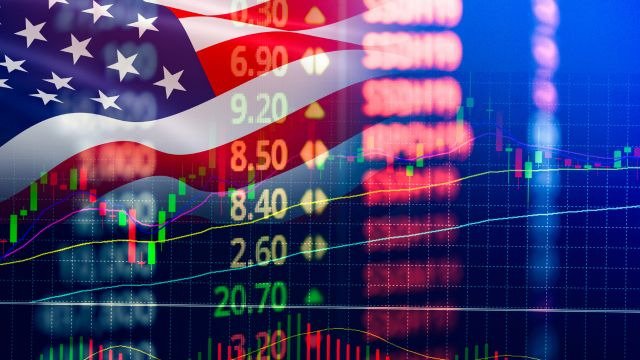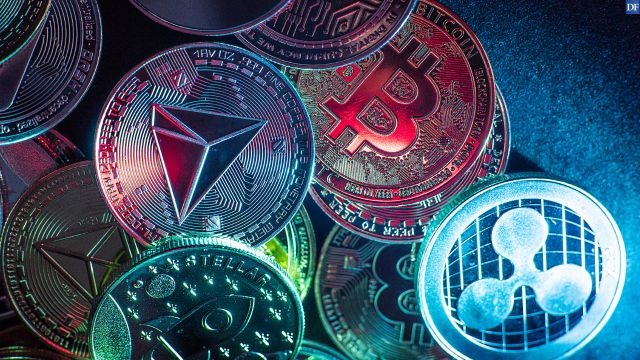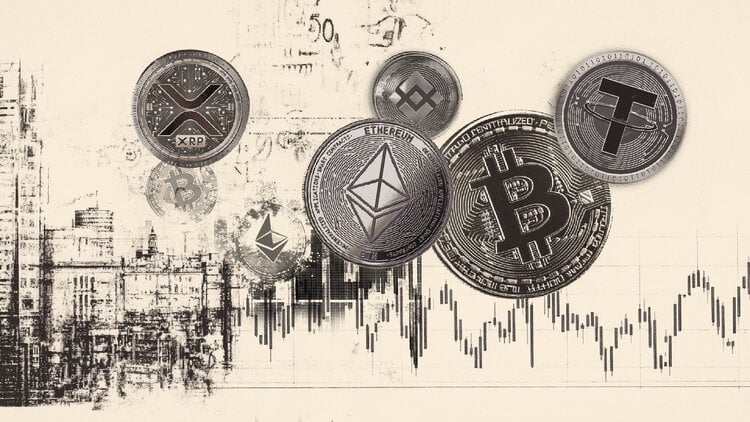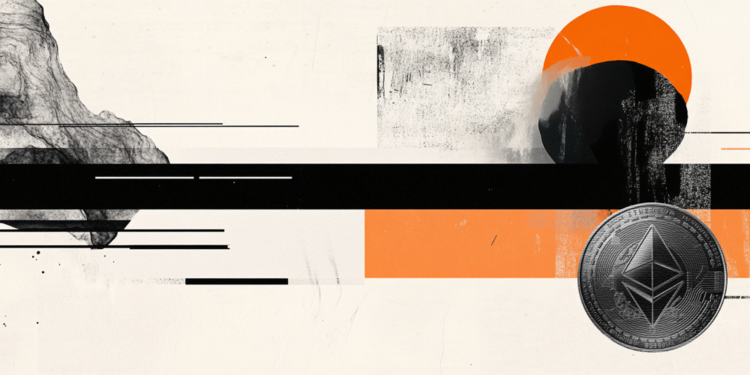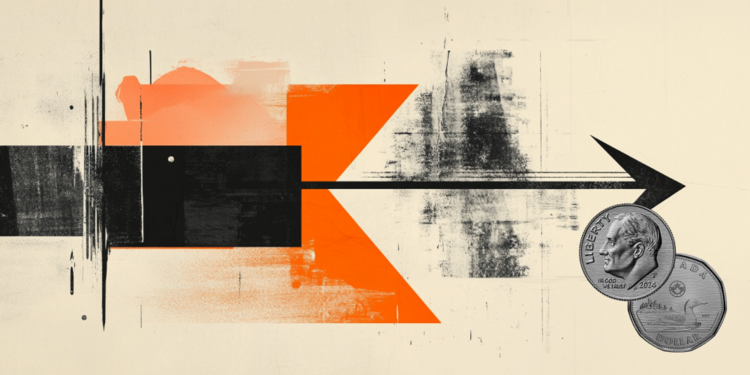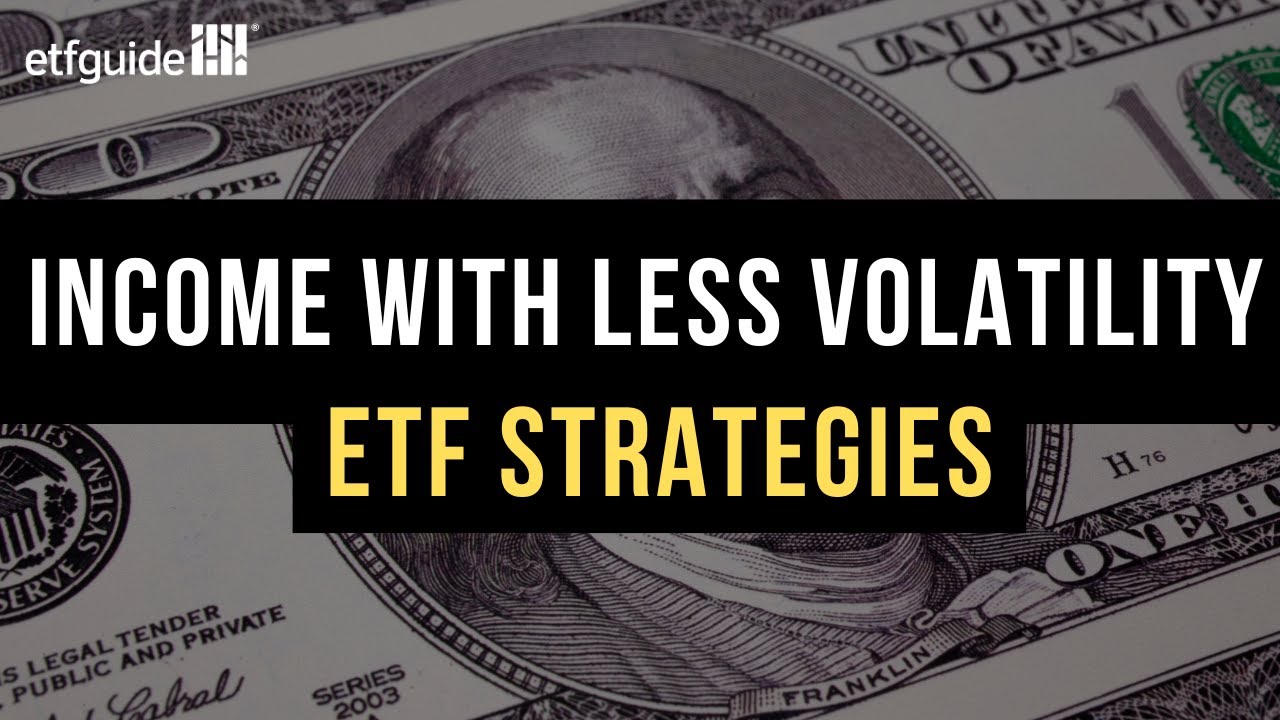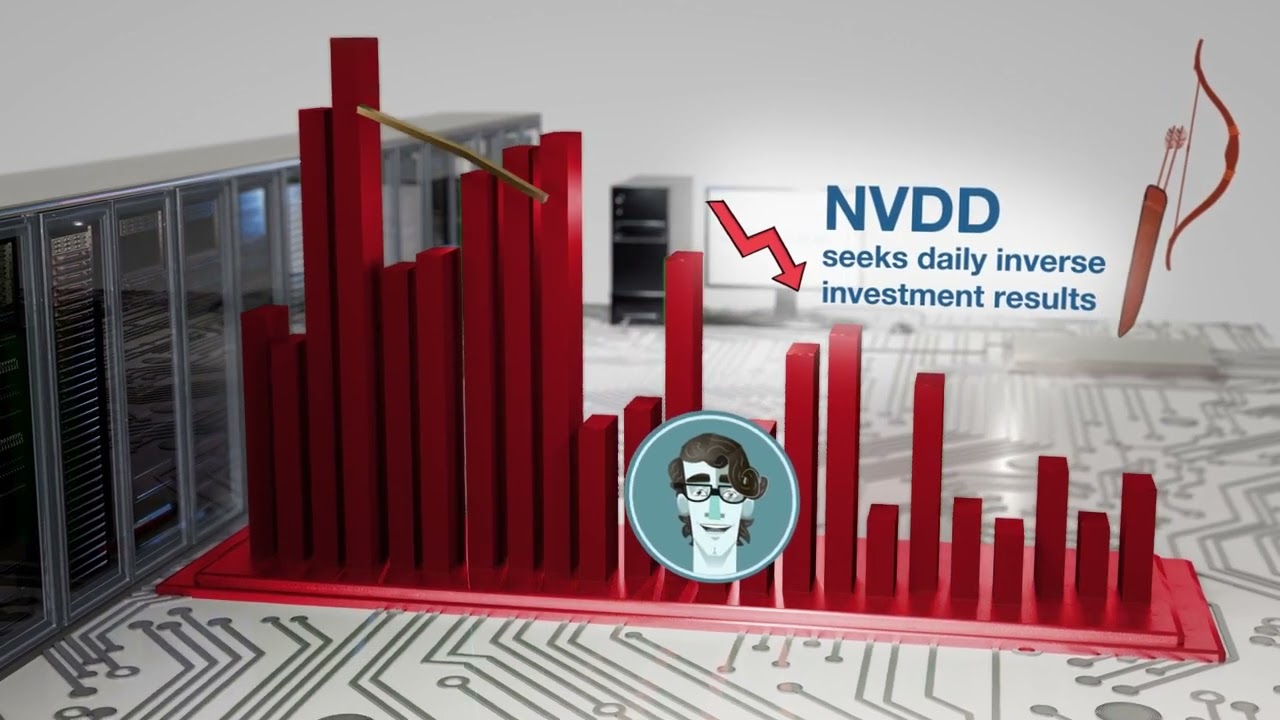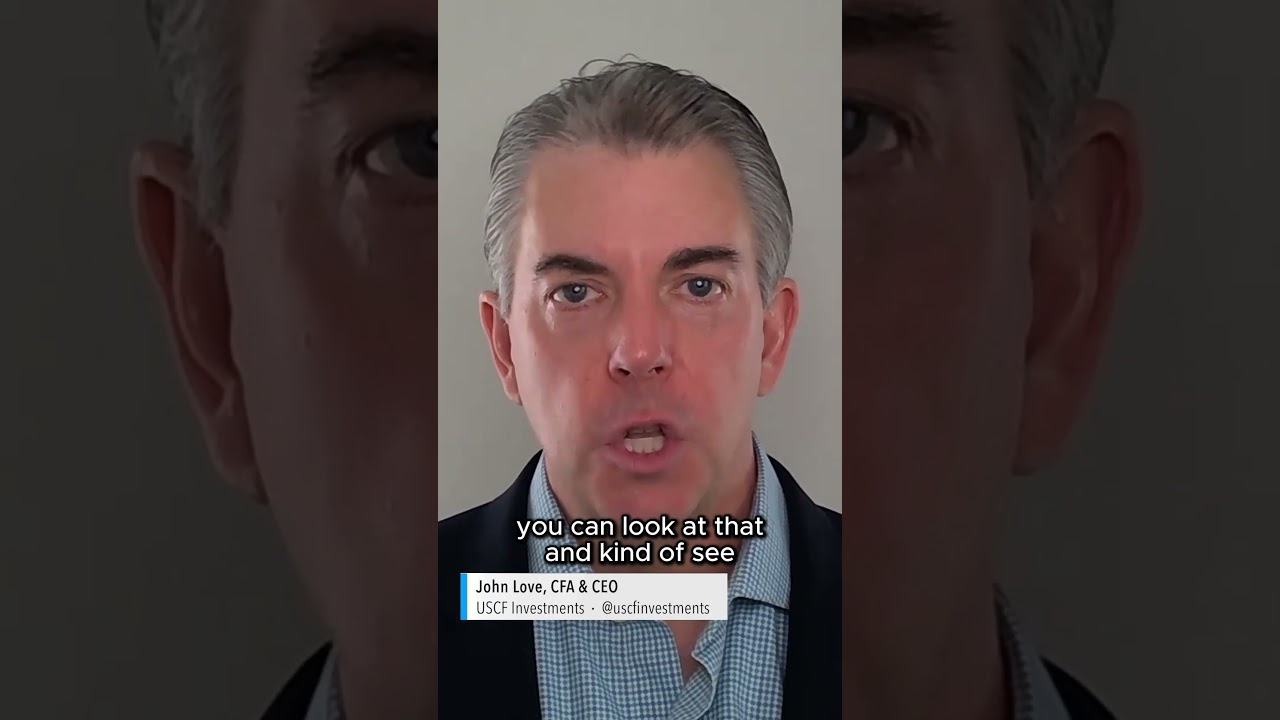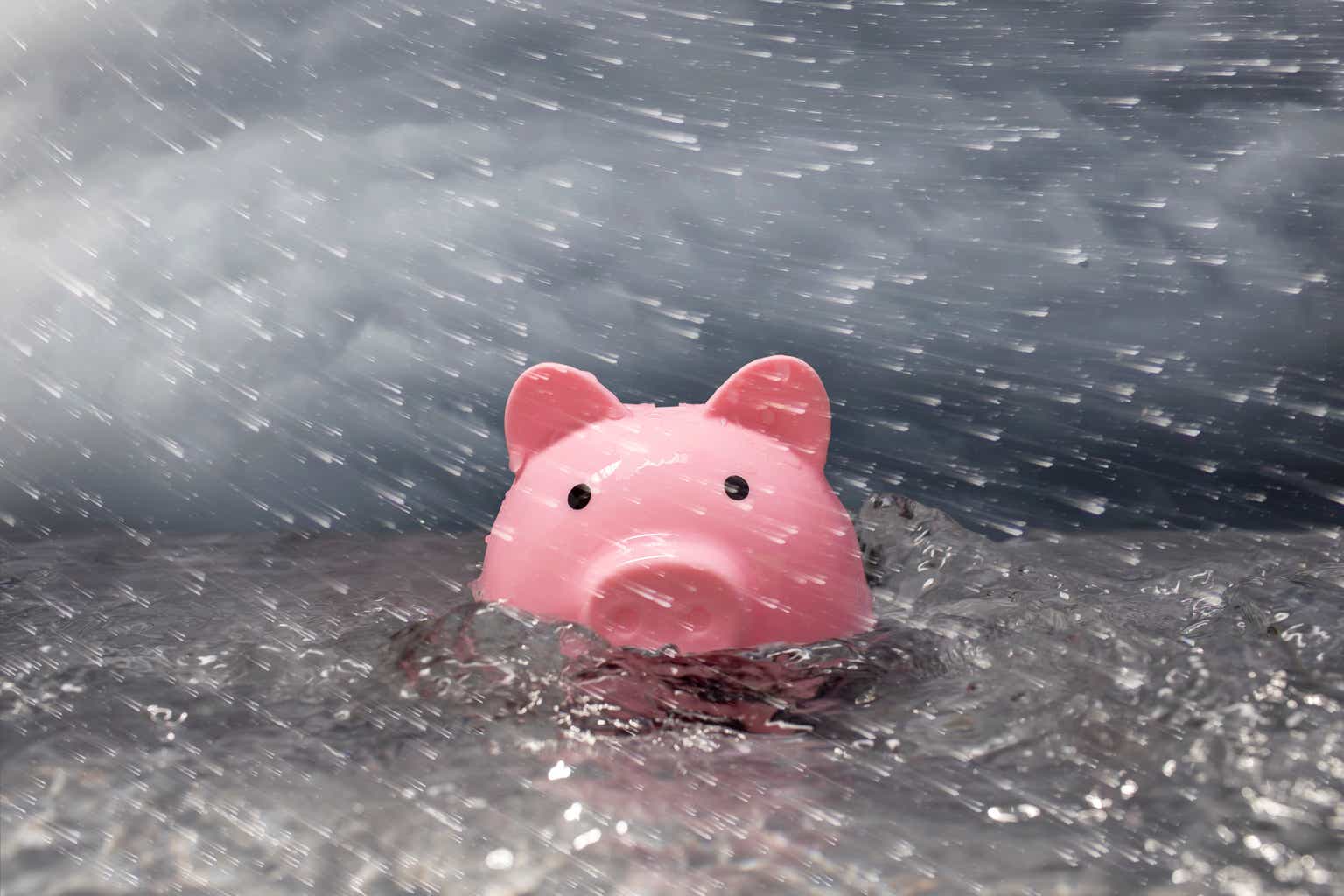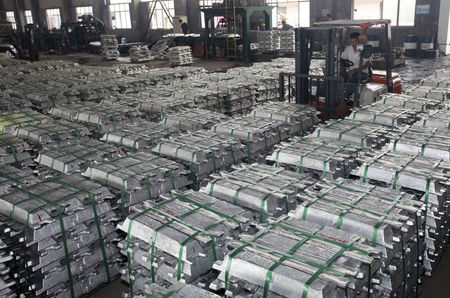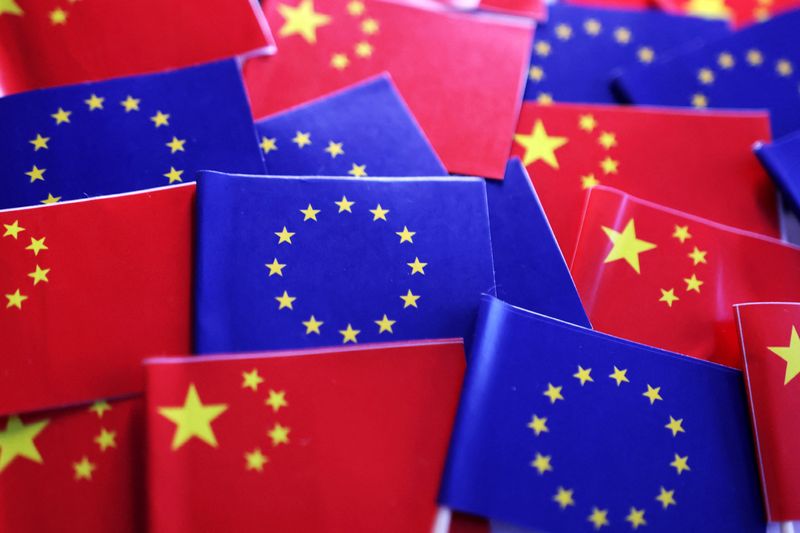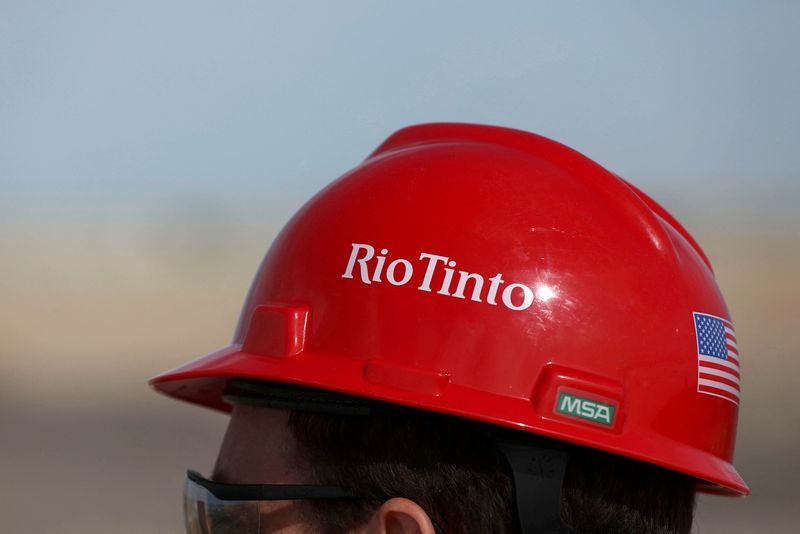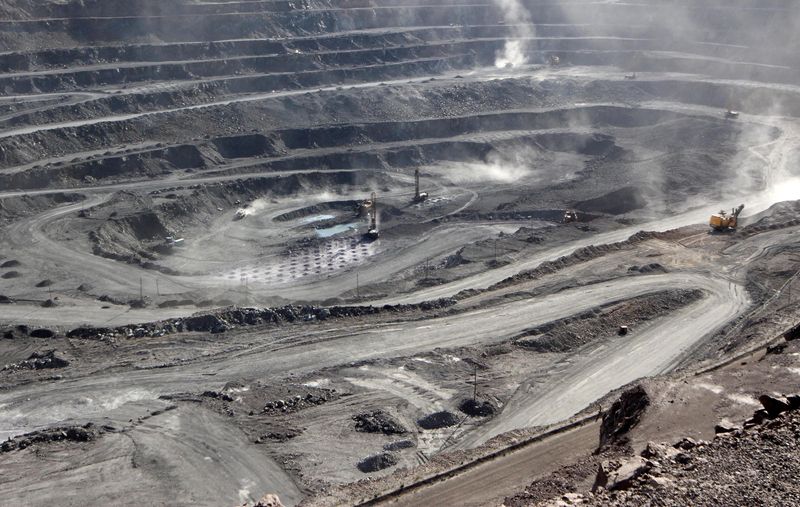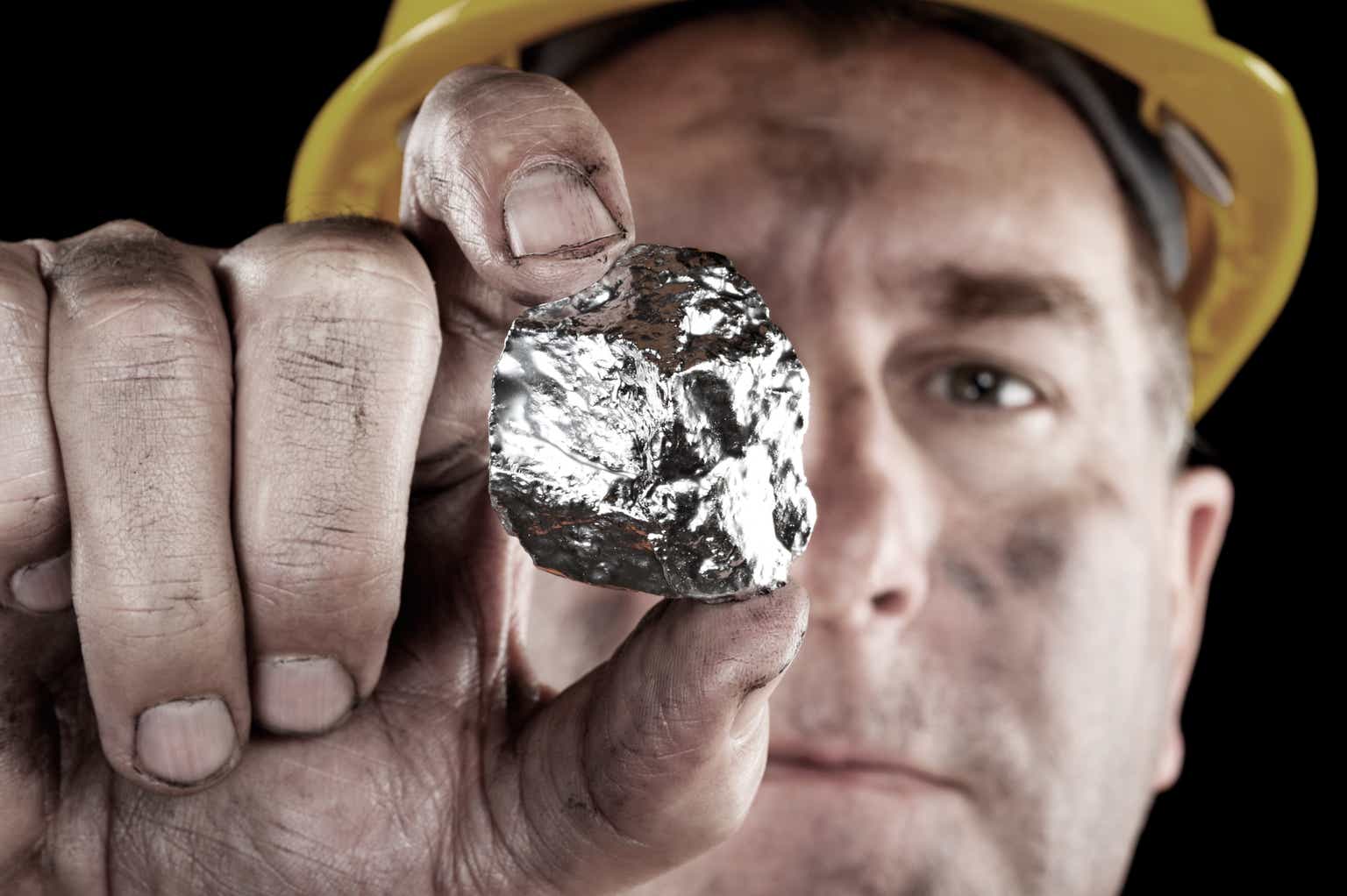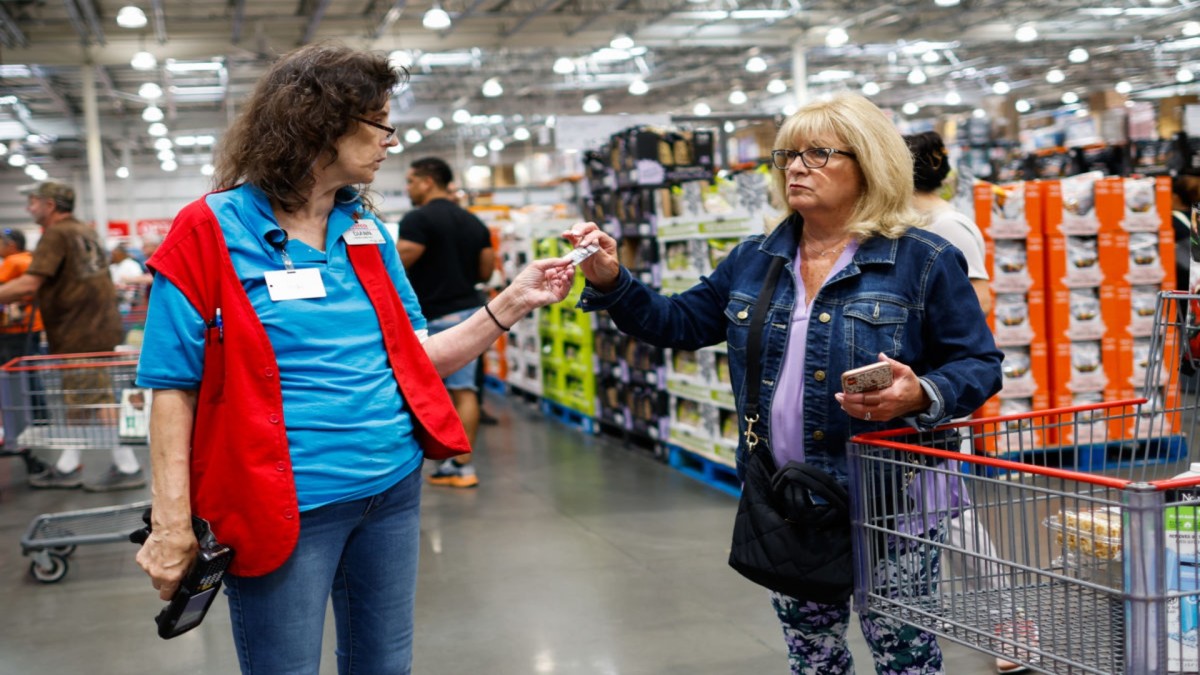Tesla takes drastic measures to keep robotaxi plans secret
Tesla is just days away from launching its next big thing.
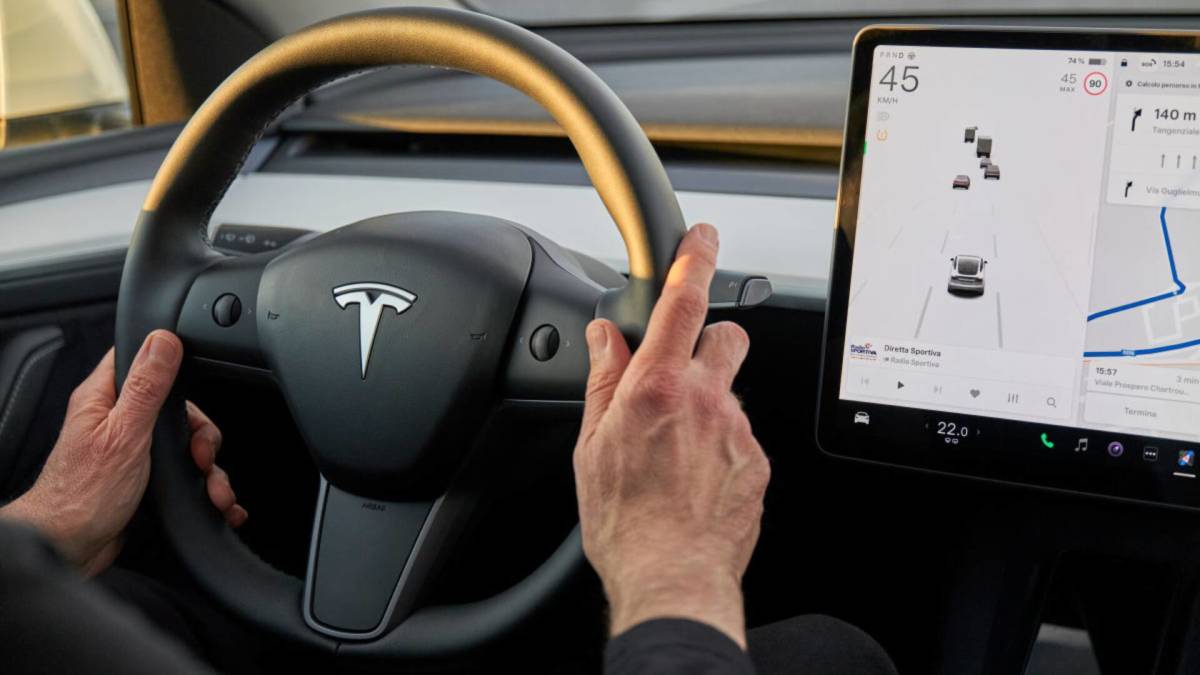
Tesla (TSLA) has big plans for Austin, Texas, this summer. The company is expected to roll out its long-anticipated robotaxi program in mere days.
However, the company has also been fighting tooth and nail to keep those plans under wraps, according to a new report.
Tesla has teased its robotaxi program since CEO Elon Musk first mentioned it in 2016. While the program has advanced at a snail's pace since then, it is days away from getting its first real-life test run.
Related: Elon Musk says he is 'paranoid' about this issue; he's right to be
The program will use Tesla's full self-driving technology to allow Teslas to operate autonomously as ride-hailing vehicles.
According to Musk, Tesla plans to test only about 10 vehicles during this initial pilot run. Still, the ultimate plan is to have every Tesla on the road capable of serving as a robotaxi.
Earlier this year, Tesla said that its FSD system has driven a cumulative total of 3.6 billion miles, nearly triple the 1.3 billion cumulative miles it reported a year ago.
While Tesla has been open about some of the progress FSD and its robotaxi program have made, it has given scant details on many other issues and is currently fighting to keep one media organization from learning more about it. Image source: van der Wal/Getty Images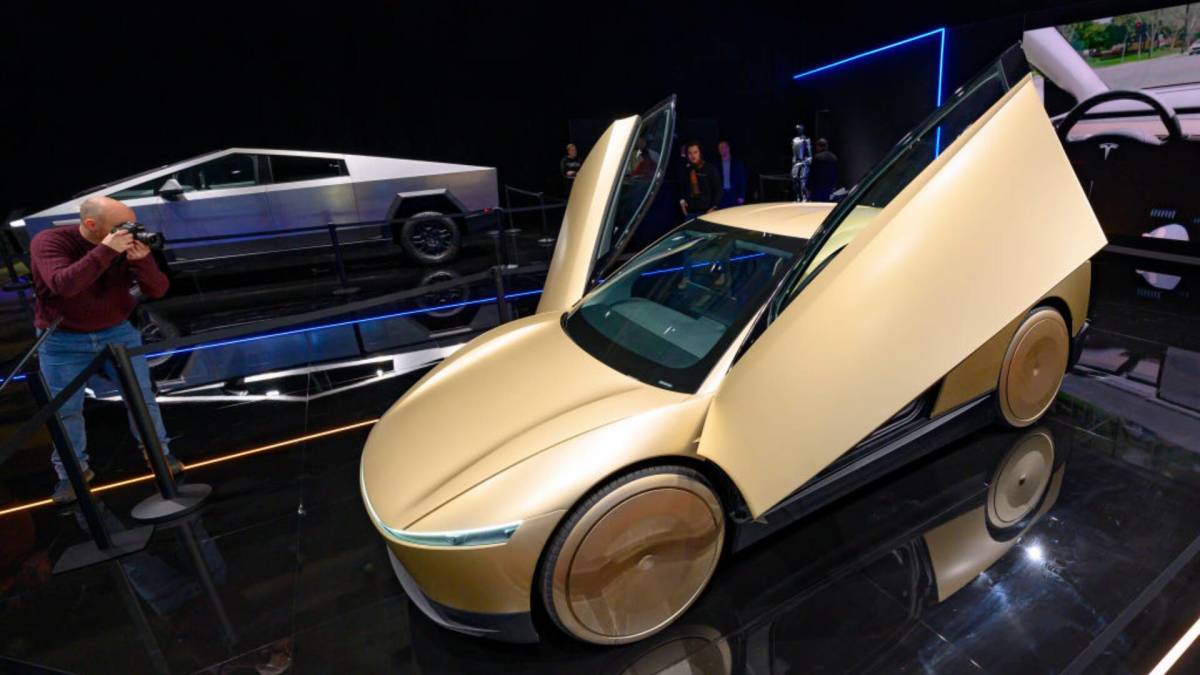
Tesla is trying to keep Reuters away from robotaxi
On Friday, June 6, Reuters published a story detailing its efforts to get public information about robotaxis from the city, specifically communications between Austin city officials and the company over its plan to launch autonomous vehicles this summer.
Reuters requested access to communications from the last two years between the company and city officials in February, after Musk announced in January that robotaxis were coming to Austin.
The city's public information officer told the news agency that “third parties” asked the city to withhold those records to protect their “privacy or property interests.” The dispute went to the Texas Attorney General's office, as he adjudicates Freedom of Information Act (FOIA) request disputes.
Related: Elon Musk, Tesla finally get some good news out of China
Tesla's attorney wrote to the AG on April 16, objecting to releasing the “confidential, proprietary, competitively sensitive commercial, and/or trade secret information” contained in the emails.
The attorney says the emails contain information that would reveal “Tesla’s deployment procedure, process, status, and strategy” and “irreparably harm Tesla.”
Reuters sent a letter to the AG stating that Tesla's plan to deploy unproven technology on Texas streets ”is an issue of enormous importance to Texas and the public at large,” while underscoring the public's right to know about the program.
Tesla has big plans extend past Austin this summer
While Tesla recently killed its Cybercab concept, at least for now, the company plans to test Model Ys already on the road as part of its robotaxi program.
”It’s prudent for us to start with a small number, confirm that things are going well, and then scale it up,” Musk told CNBC's David Faber.
Once it proves its concept in Austin, Tesla plans to expand the robotaxi program to Los Angeles and San Francisco soon after.
California was Tesla's old stomping grounds before Musk moved the company's HQ to Austin in 2021 due to what he said were arduous regulatory practices, which may have to do with the company's operation during the Covid pandemic.
With Tesla's plan to expand in the state, Musk will be heading back into that regulatory environment, except now the rules governing autonomous driving are much stricter.
In April, the California Department of Motor Vehicles announced that it is seeking public comment on proposed regulations for self-driving vehicles.
The agency told CNBC that it wants California to "offer the nation’s most comprehensive rules for the operation of autonomous vehicles and underscore the DMV’s commitment to enhancing public safety, fostering innovation, and establishing a robust framework for AV technology testing and deployment.”





